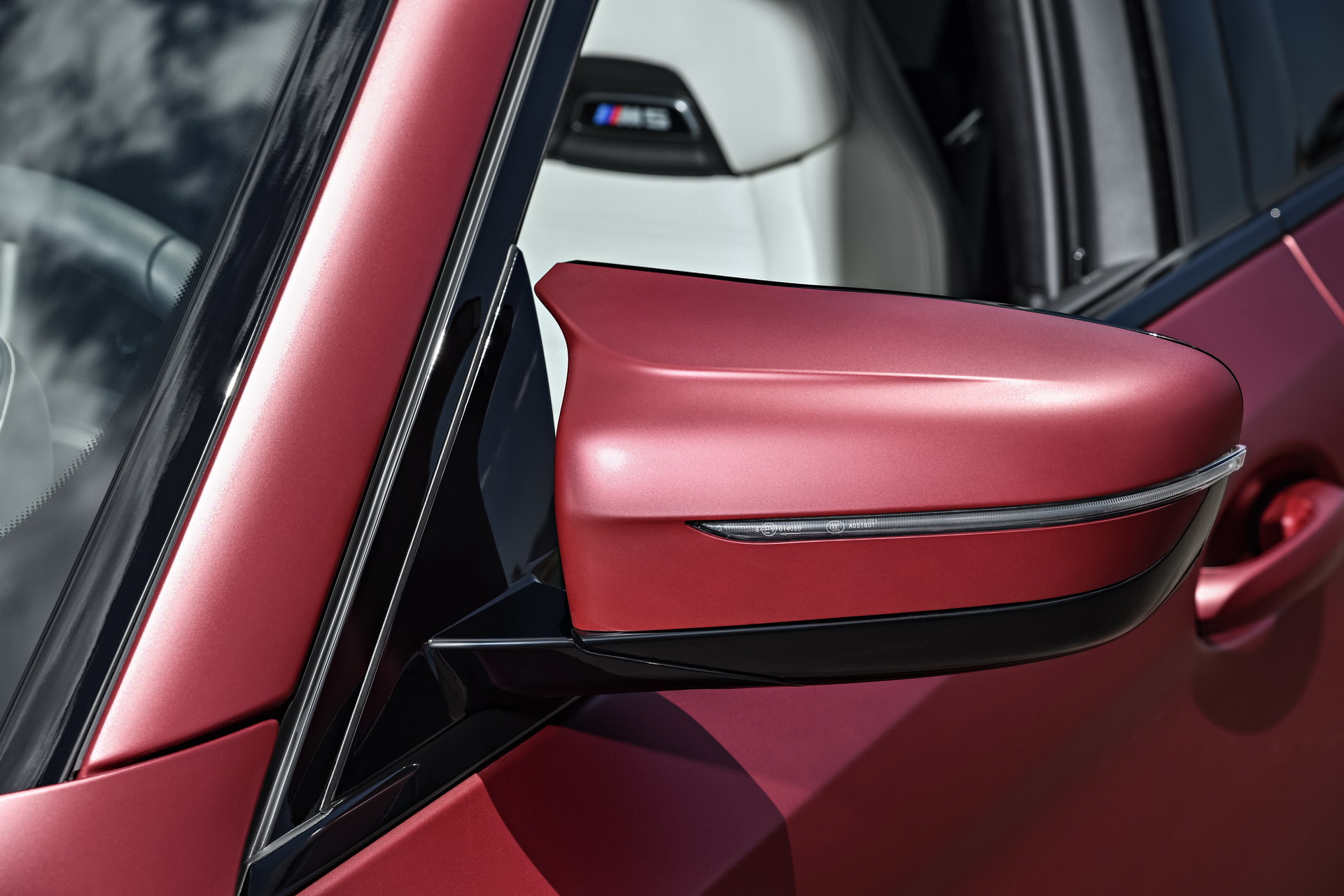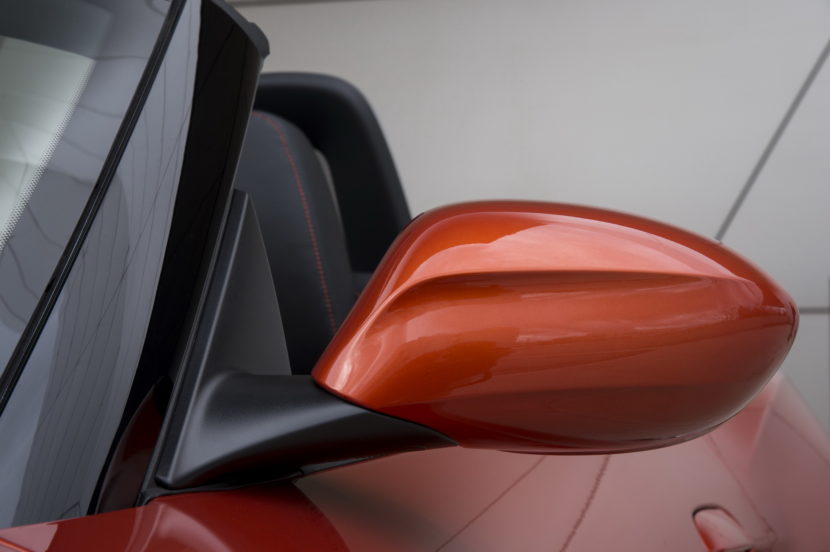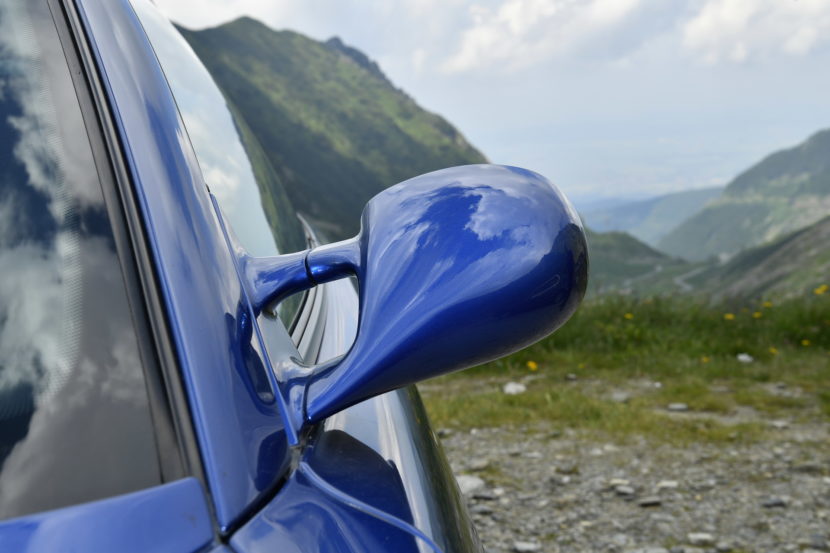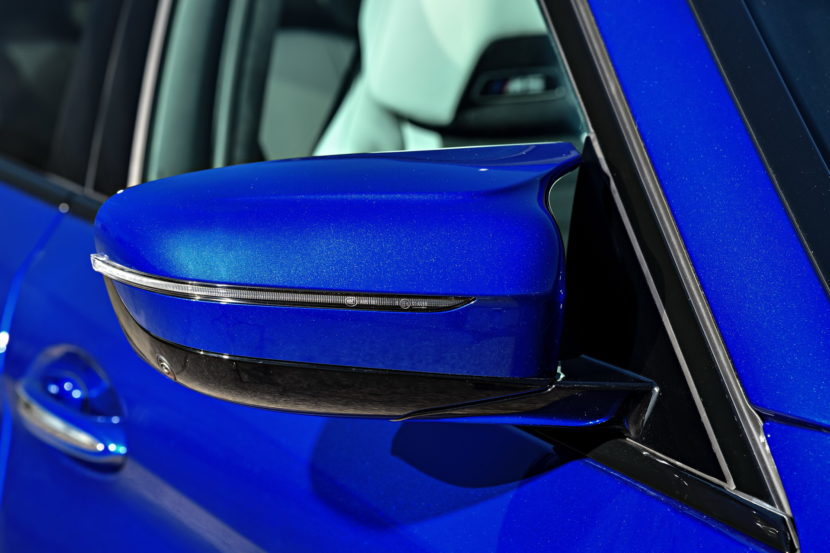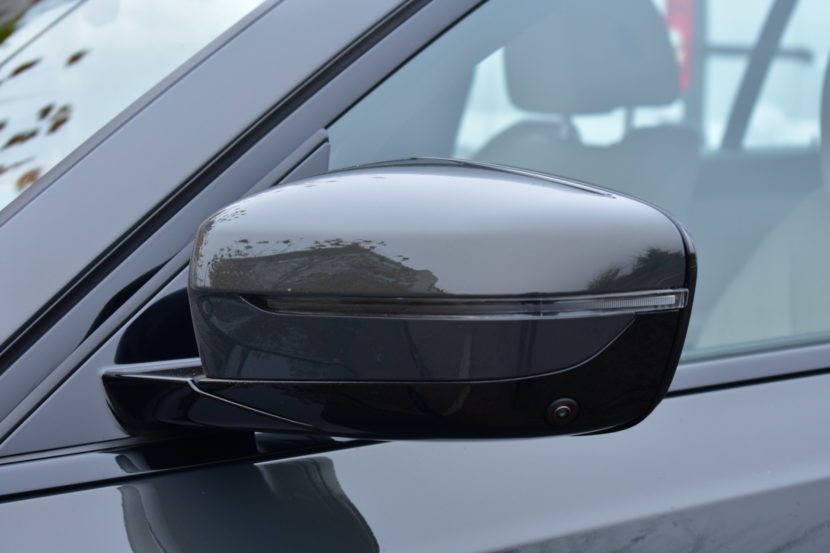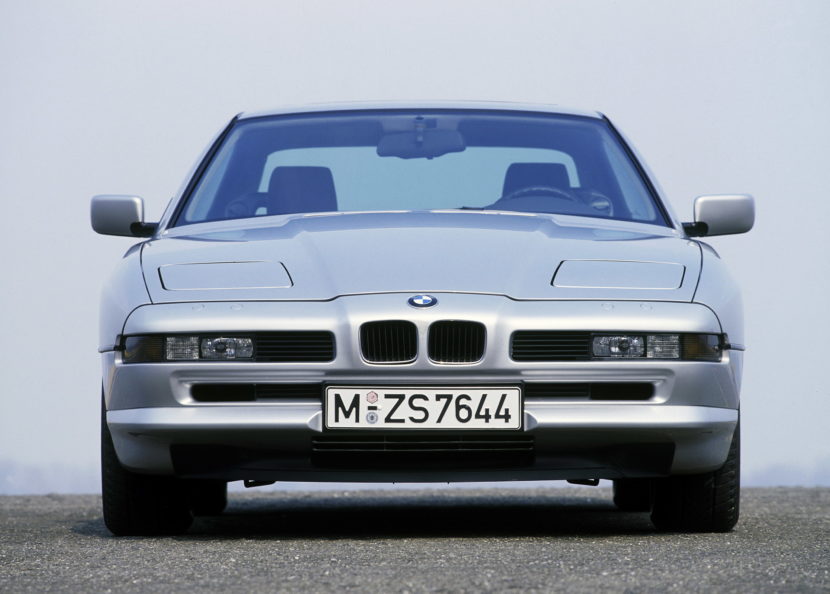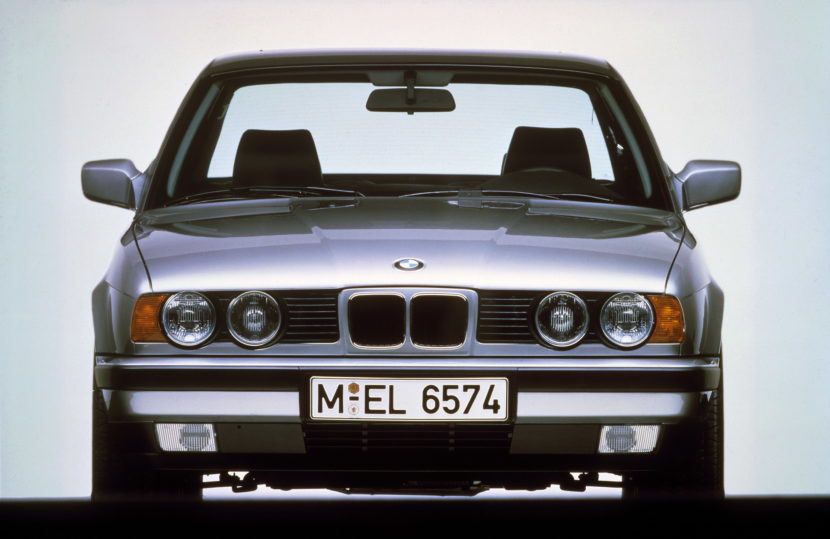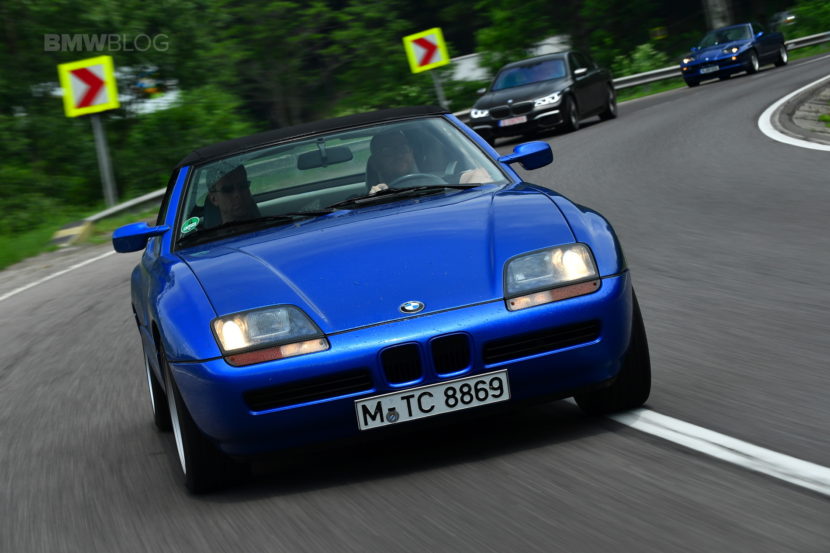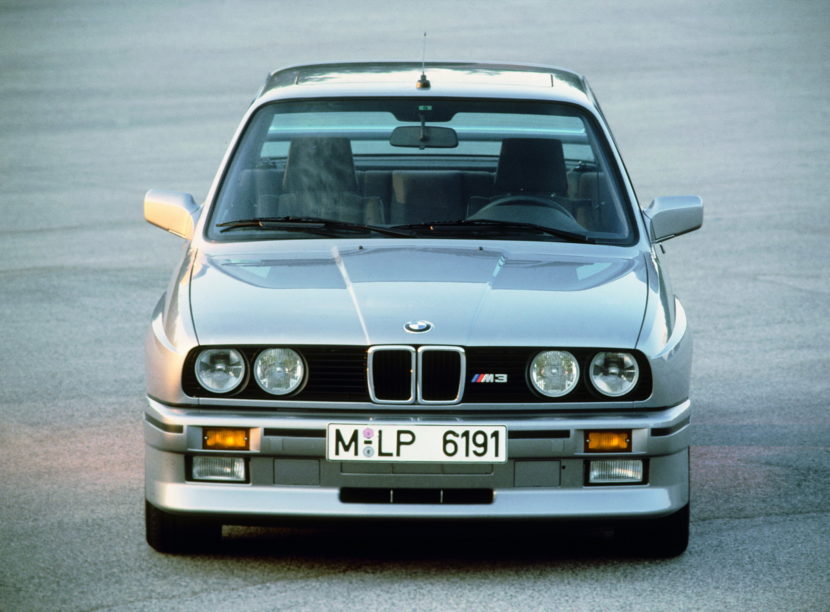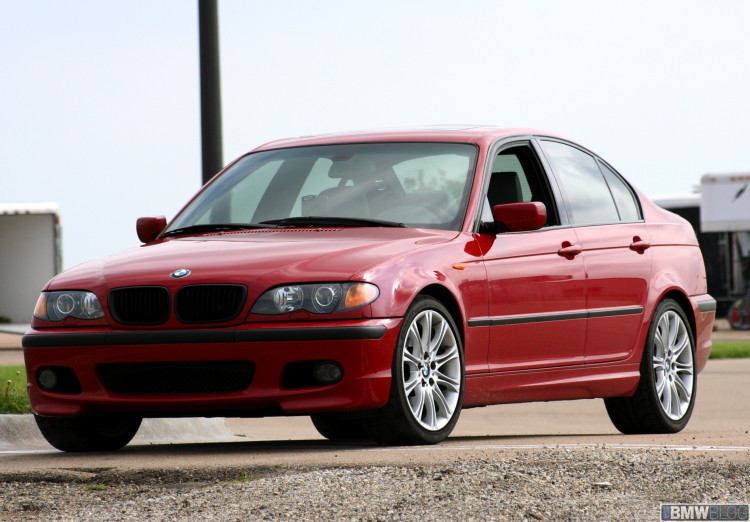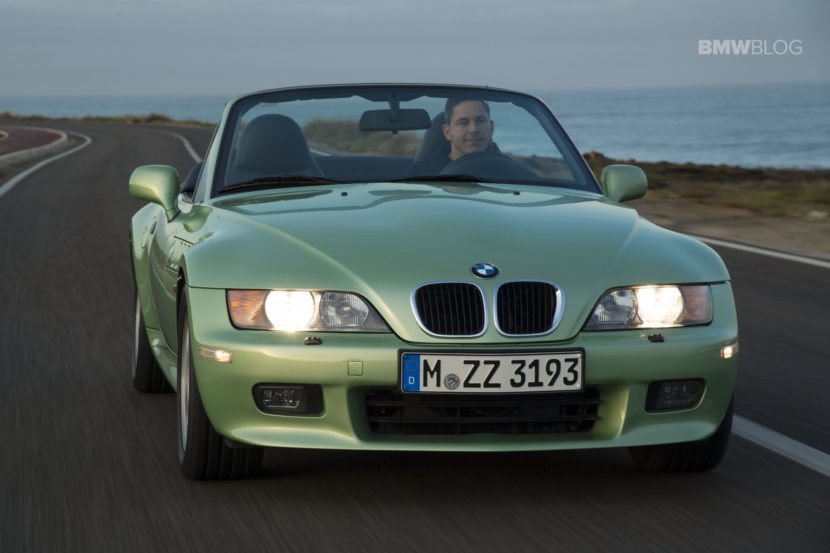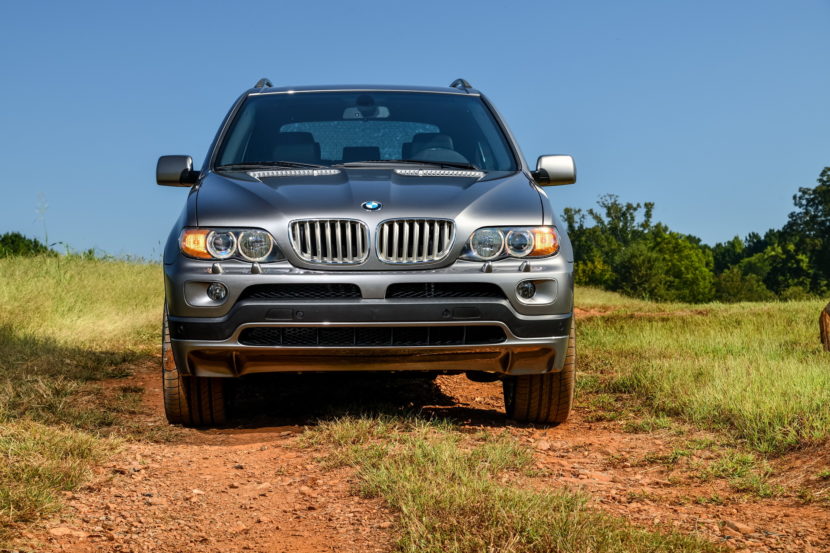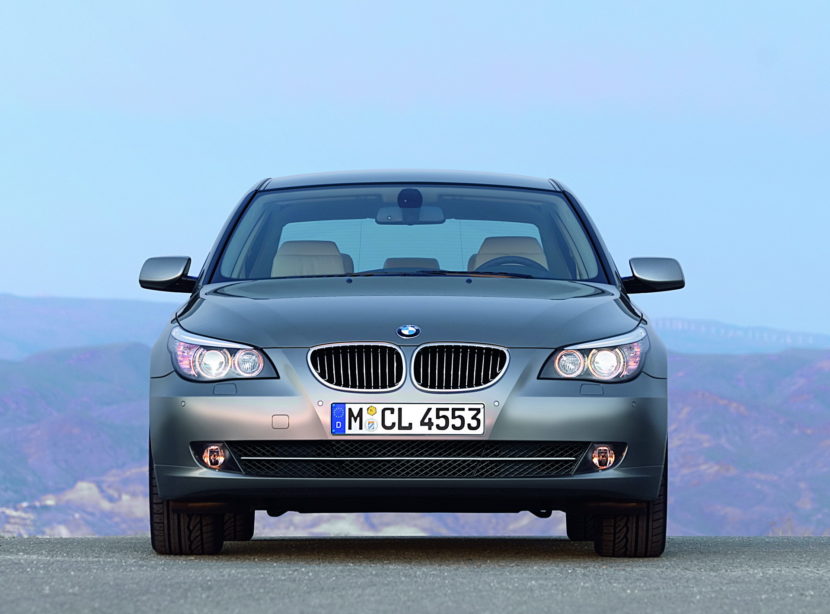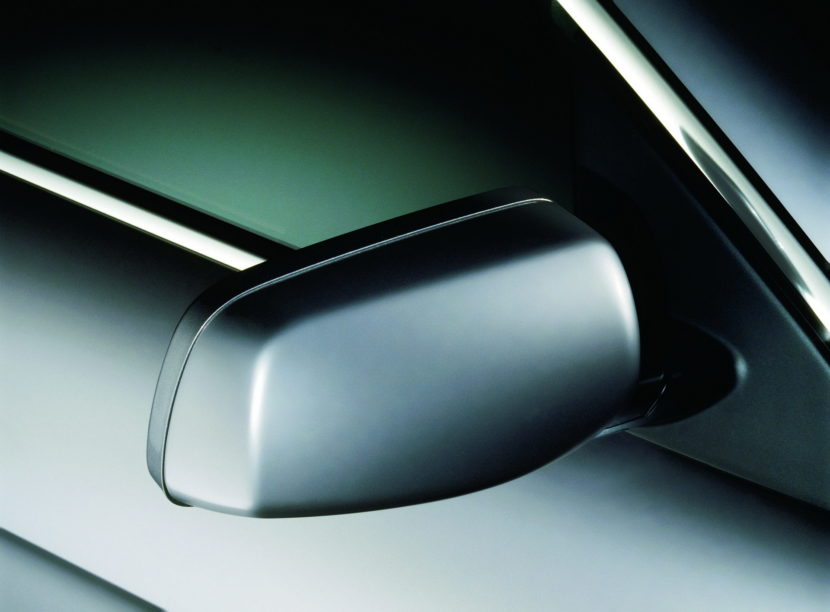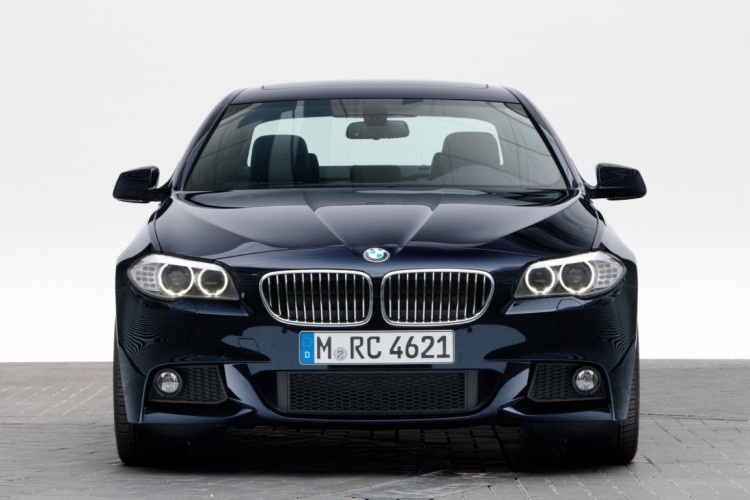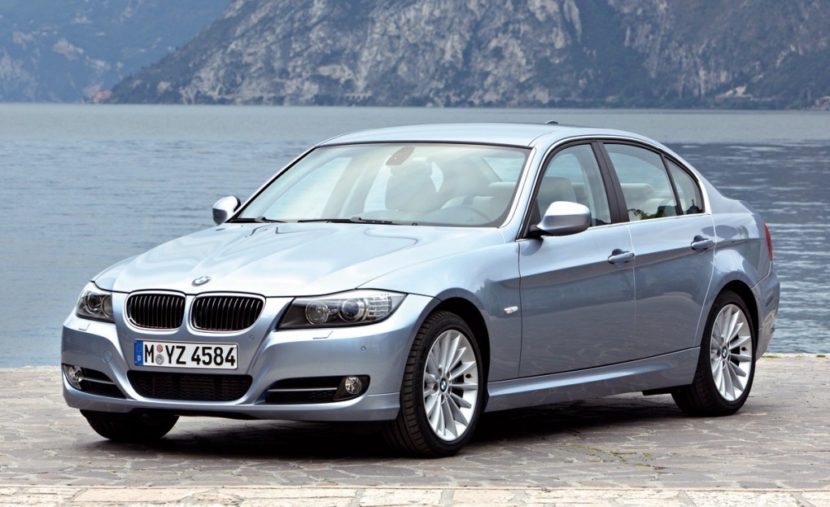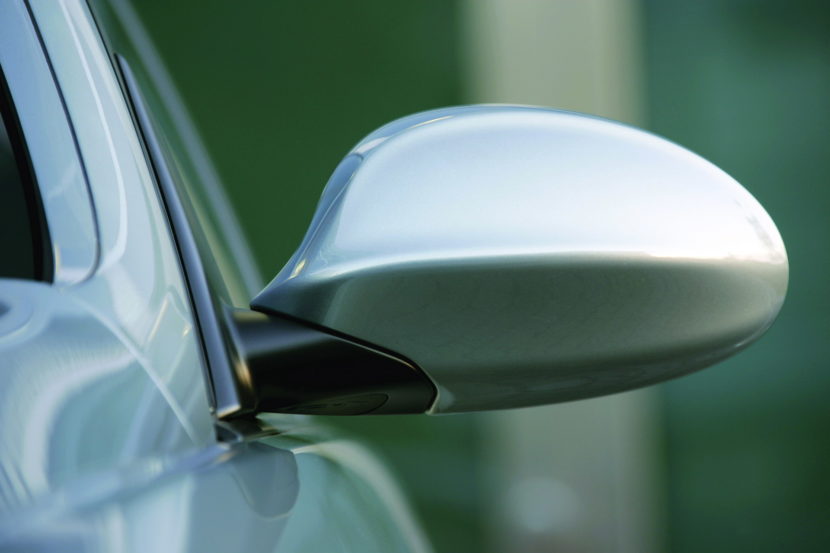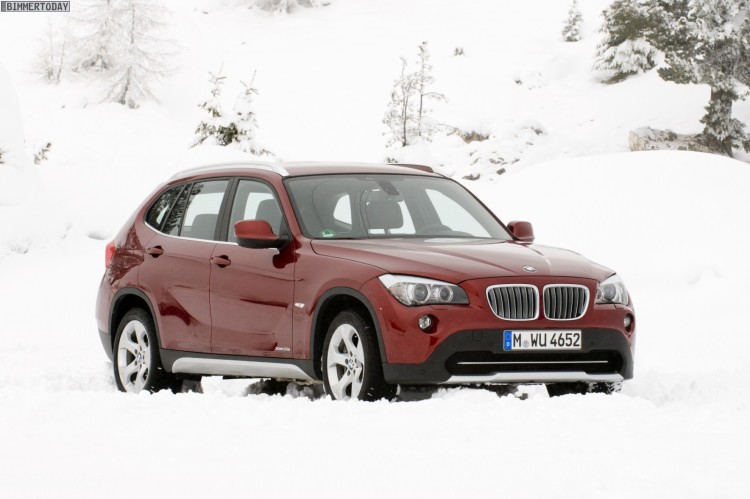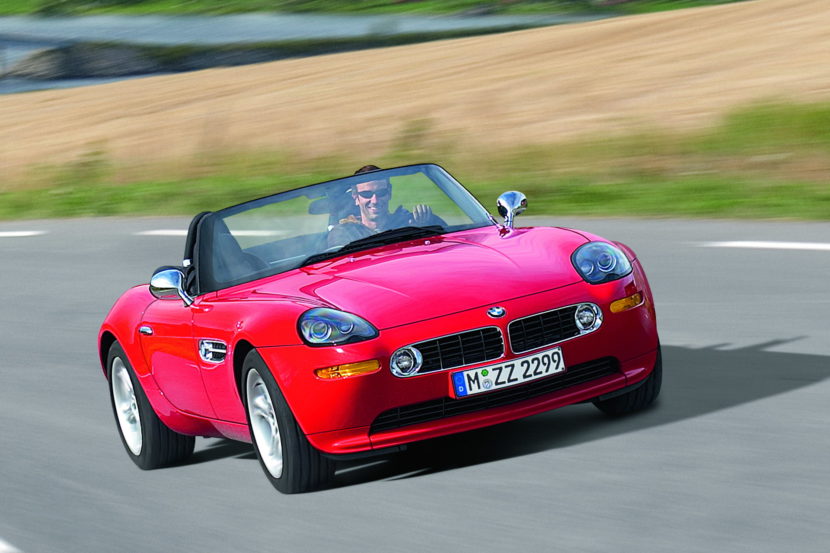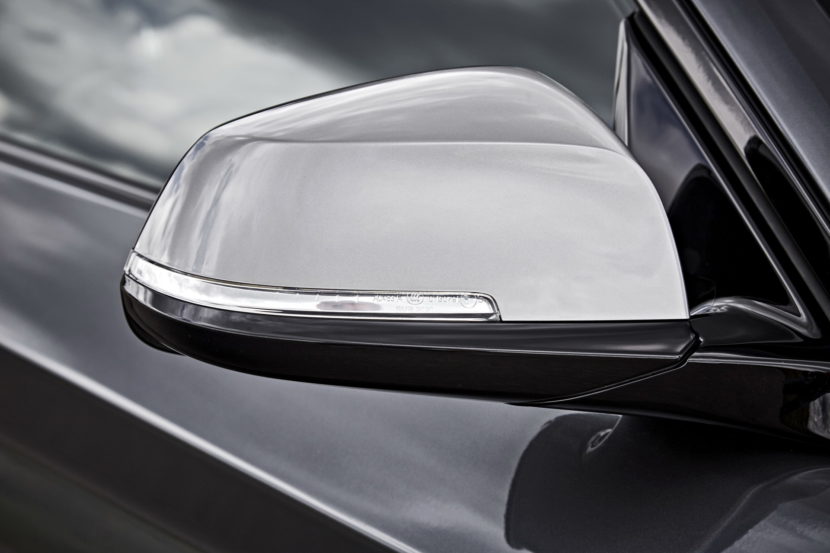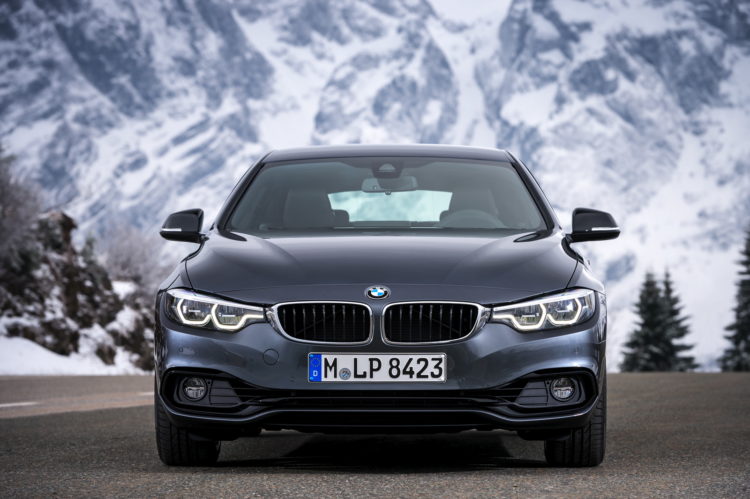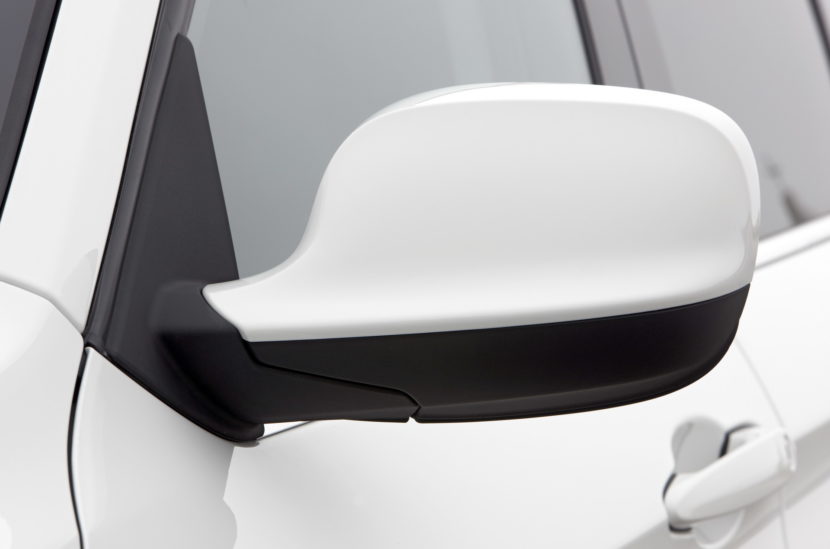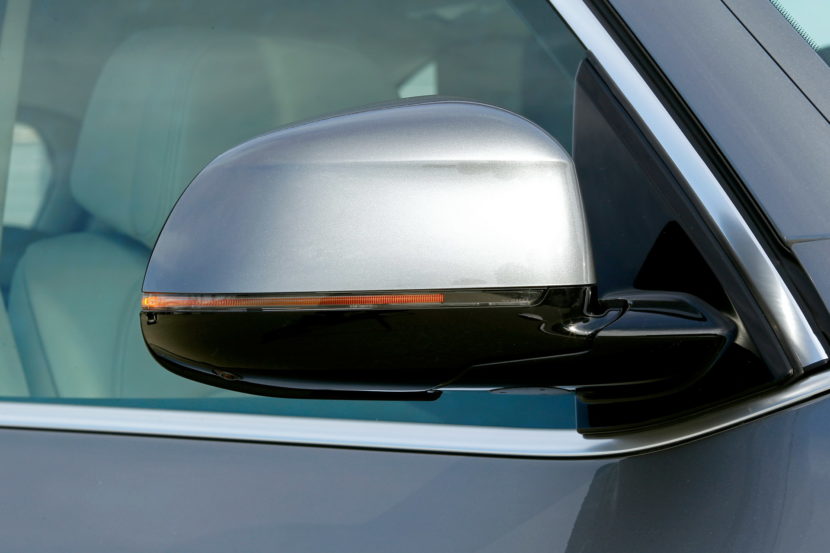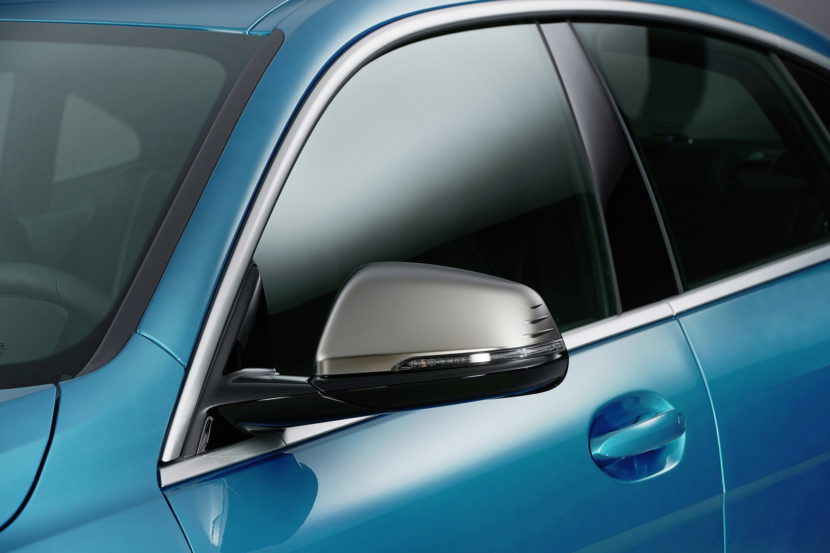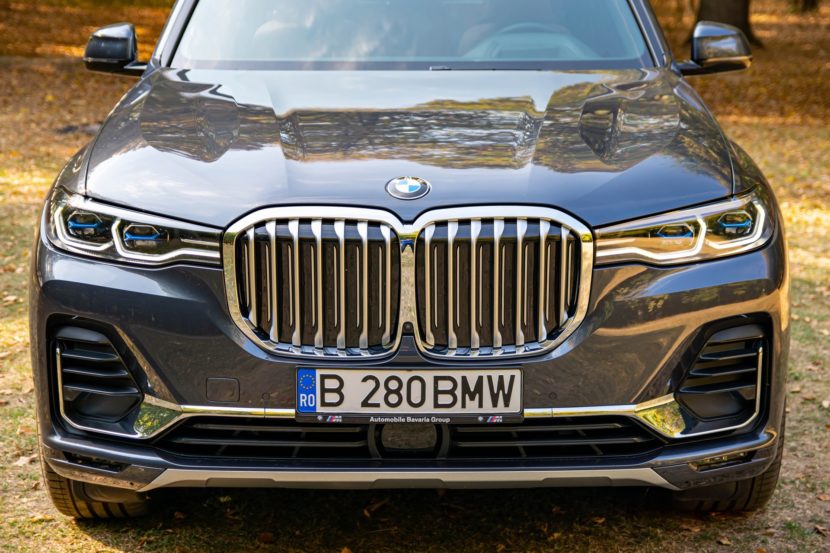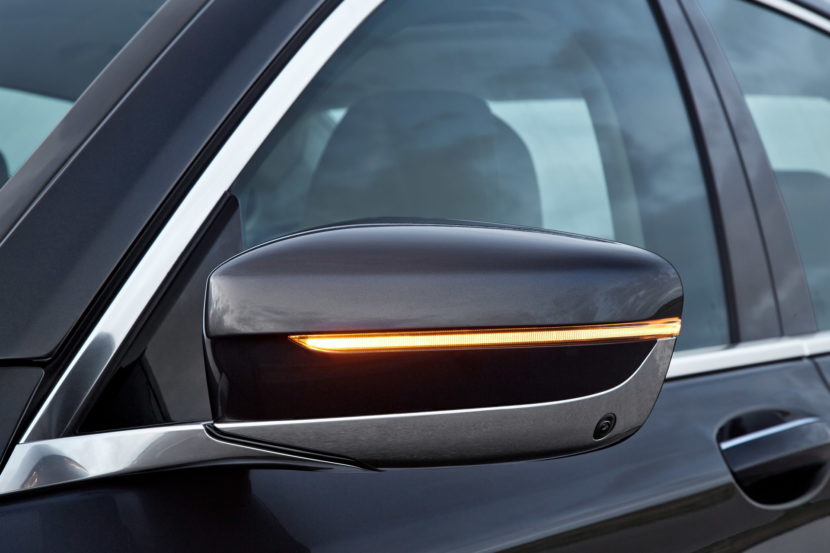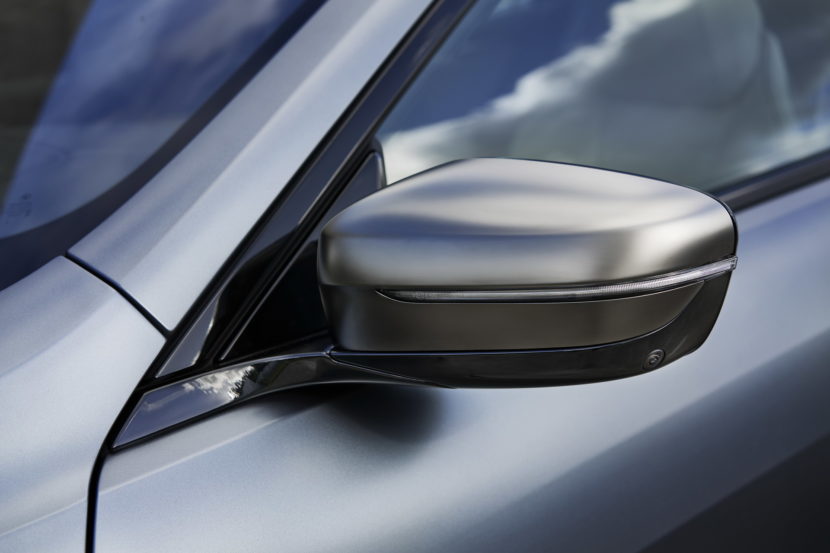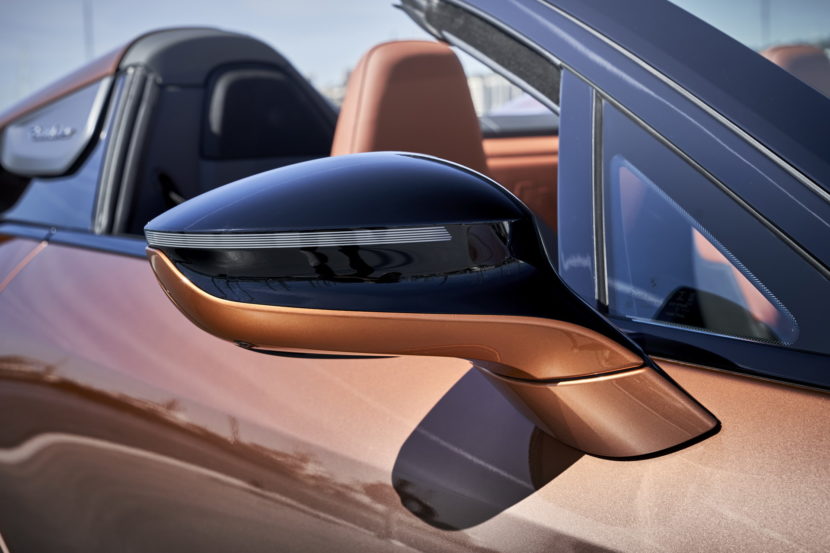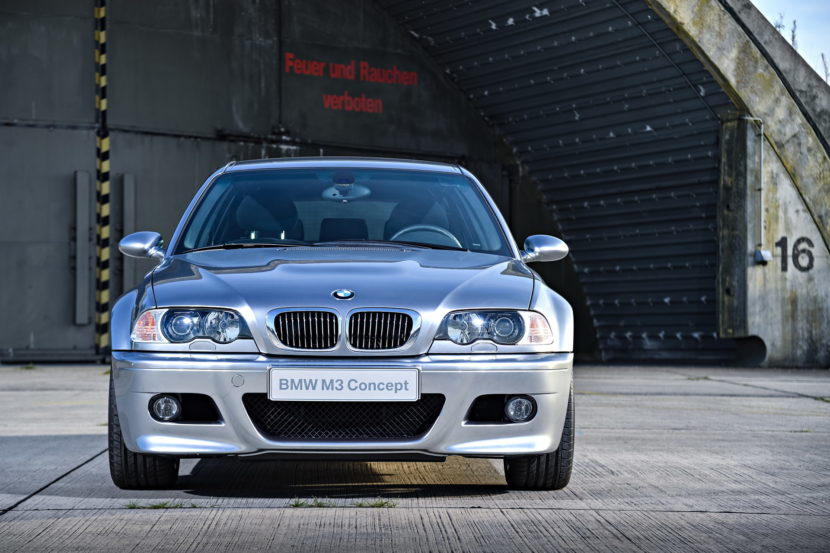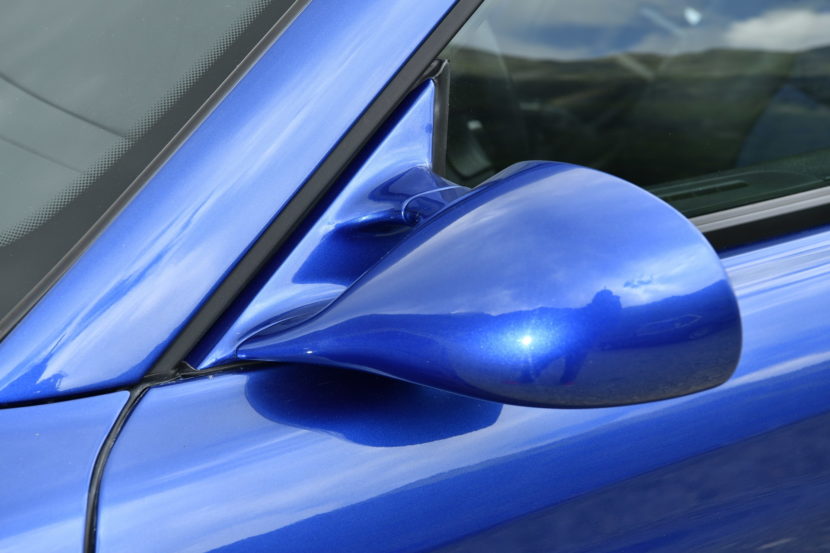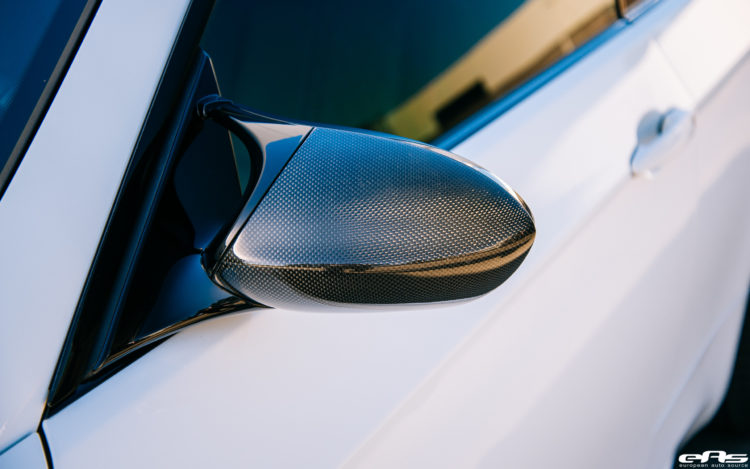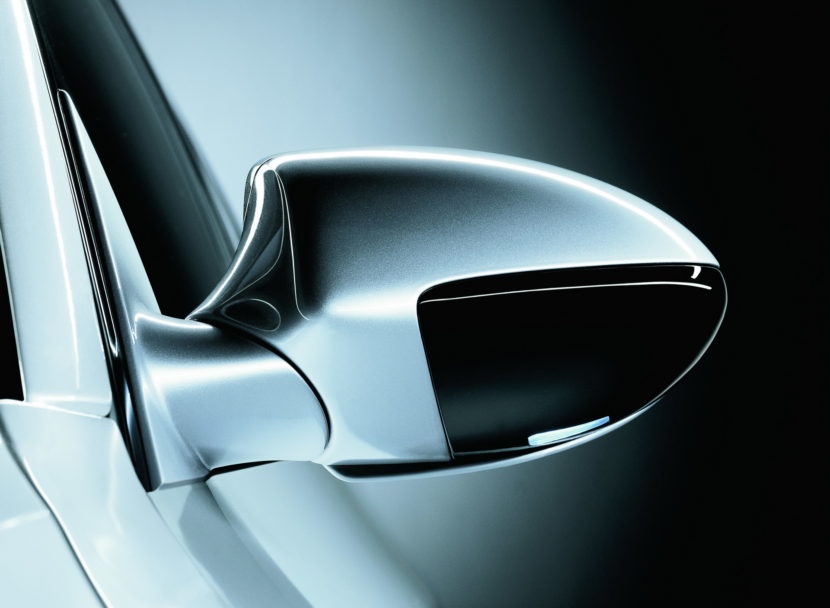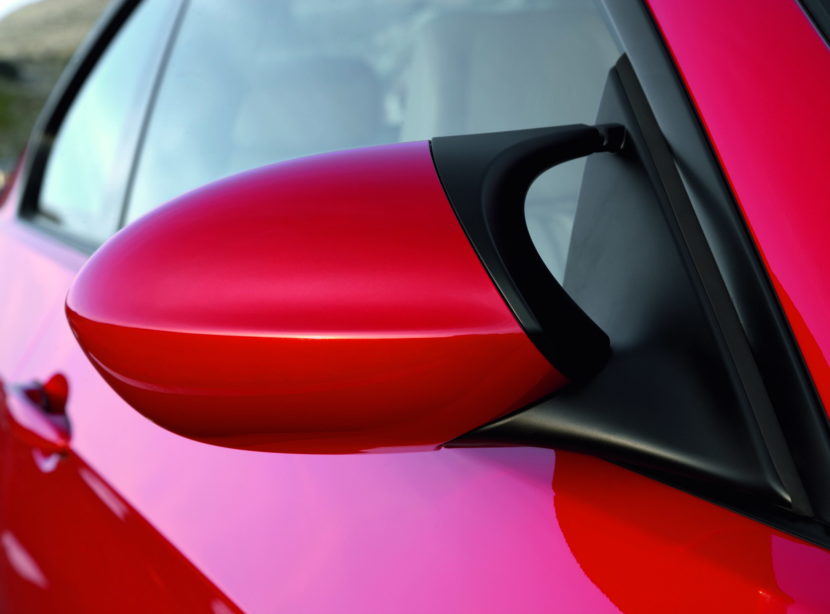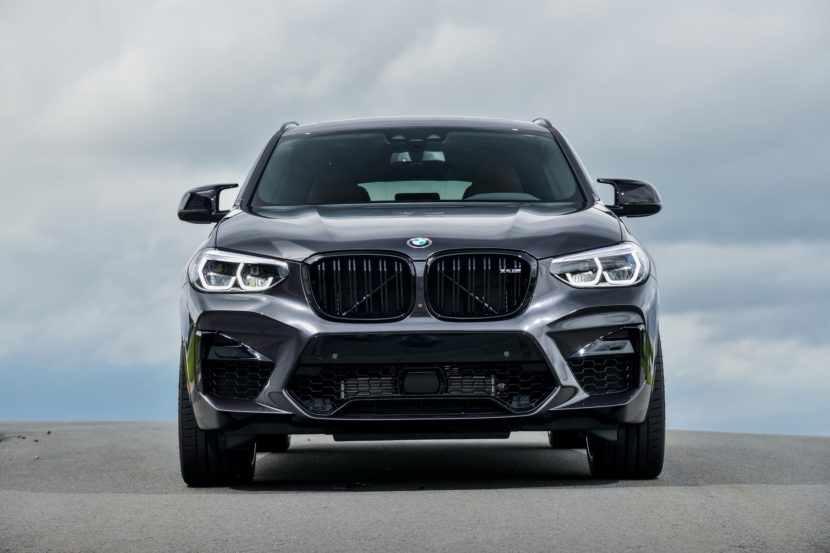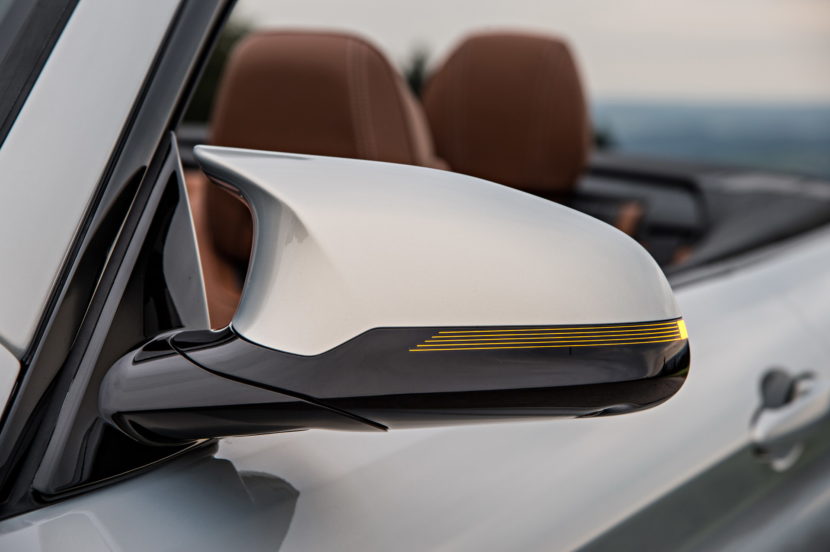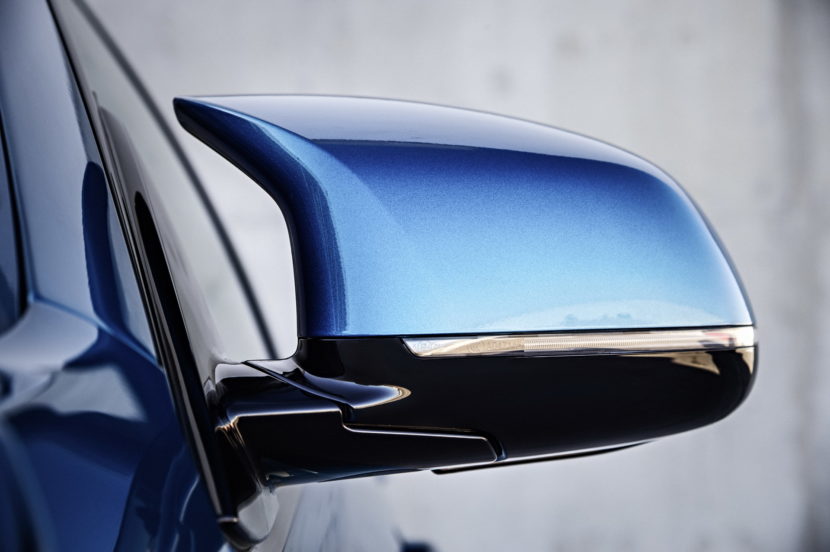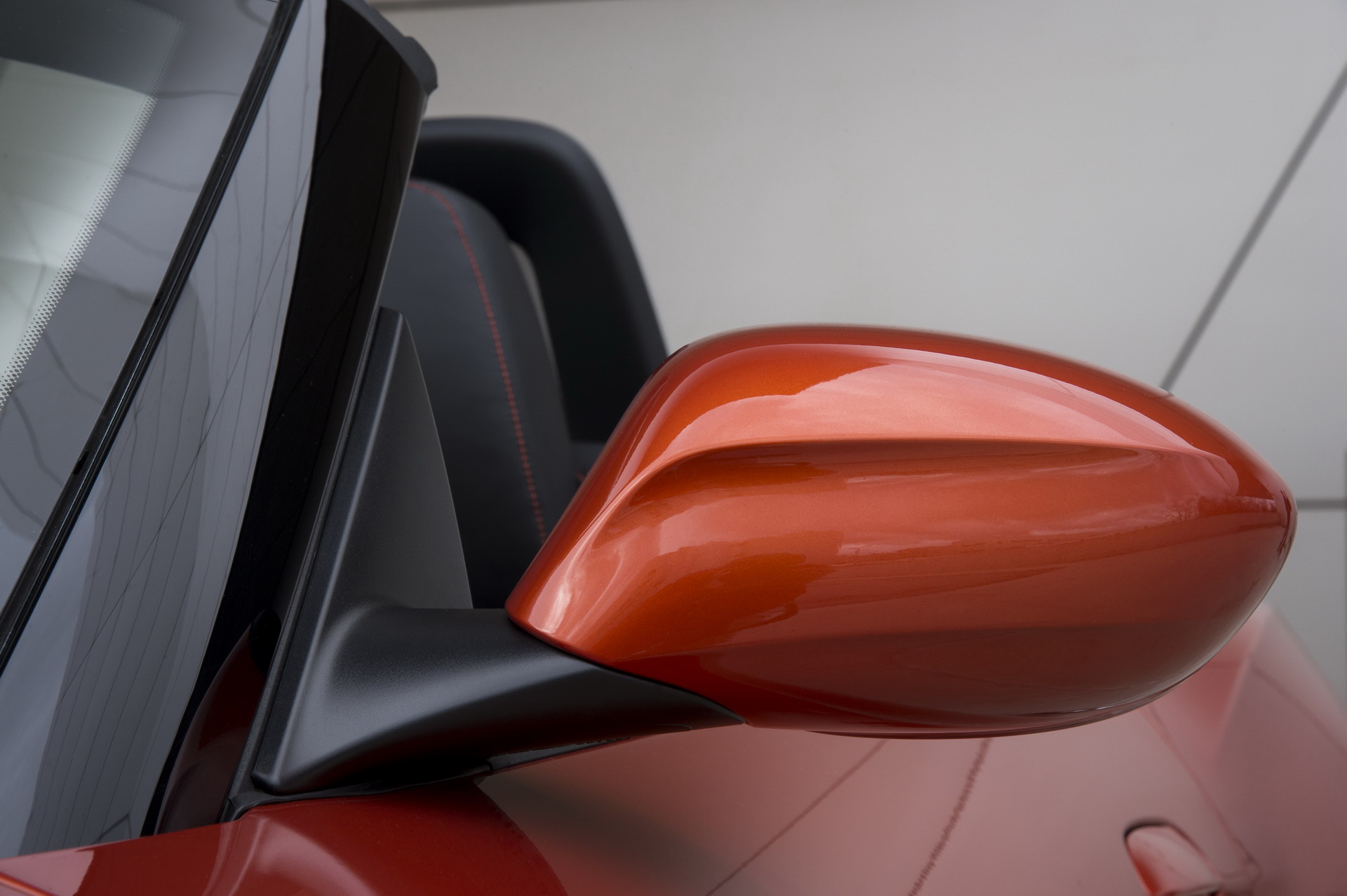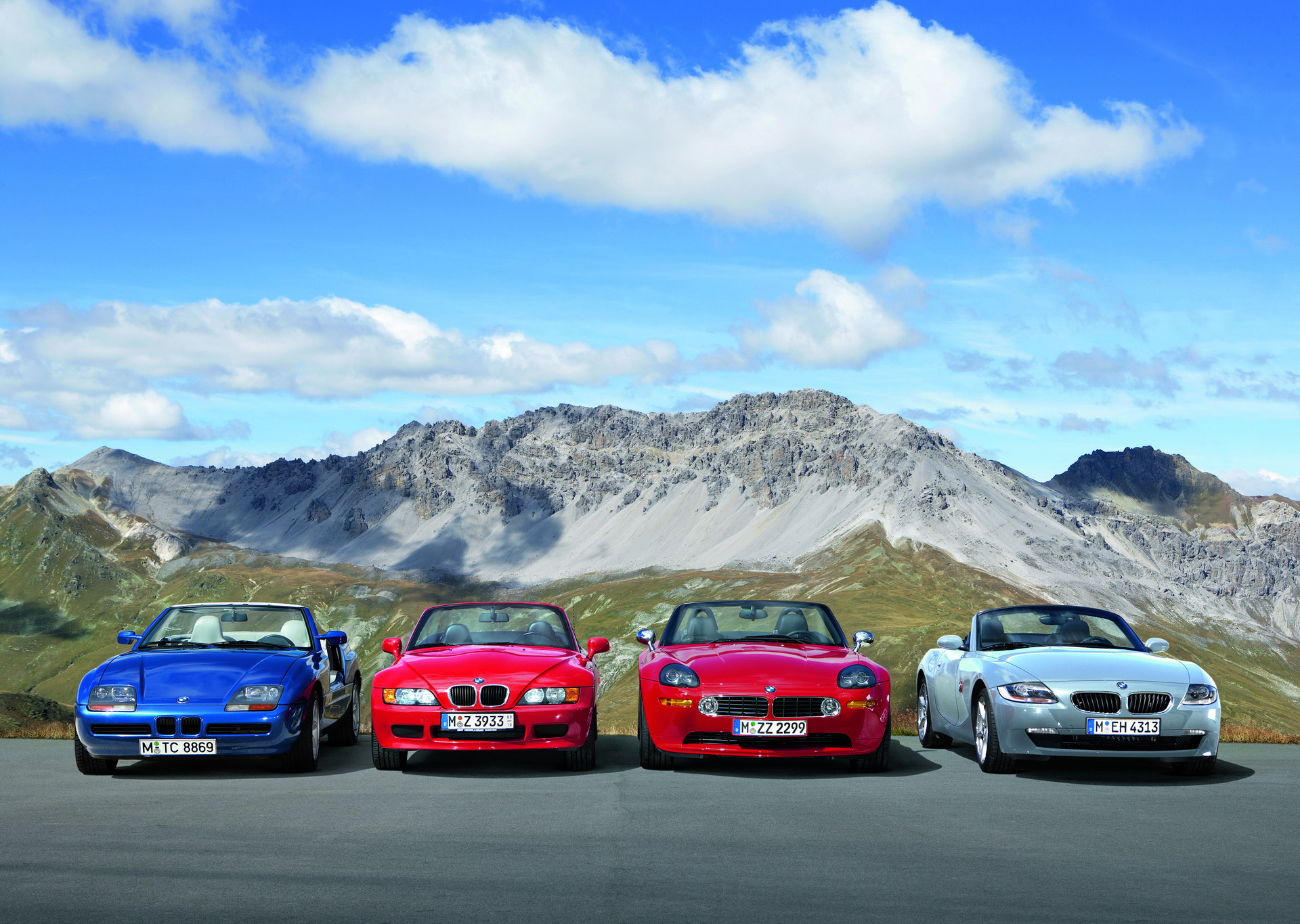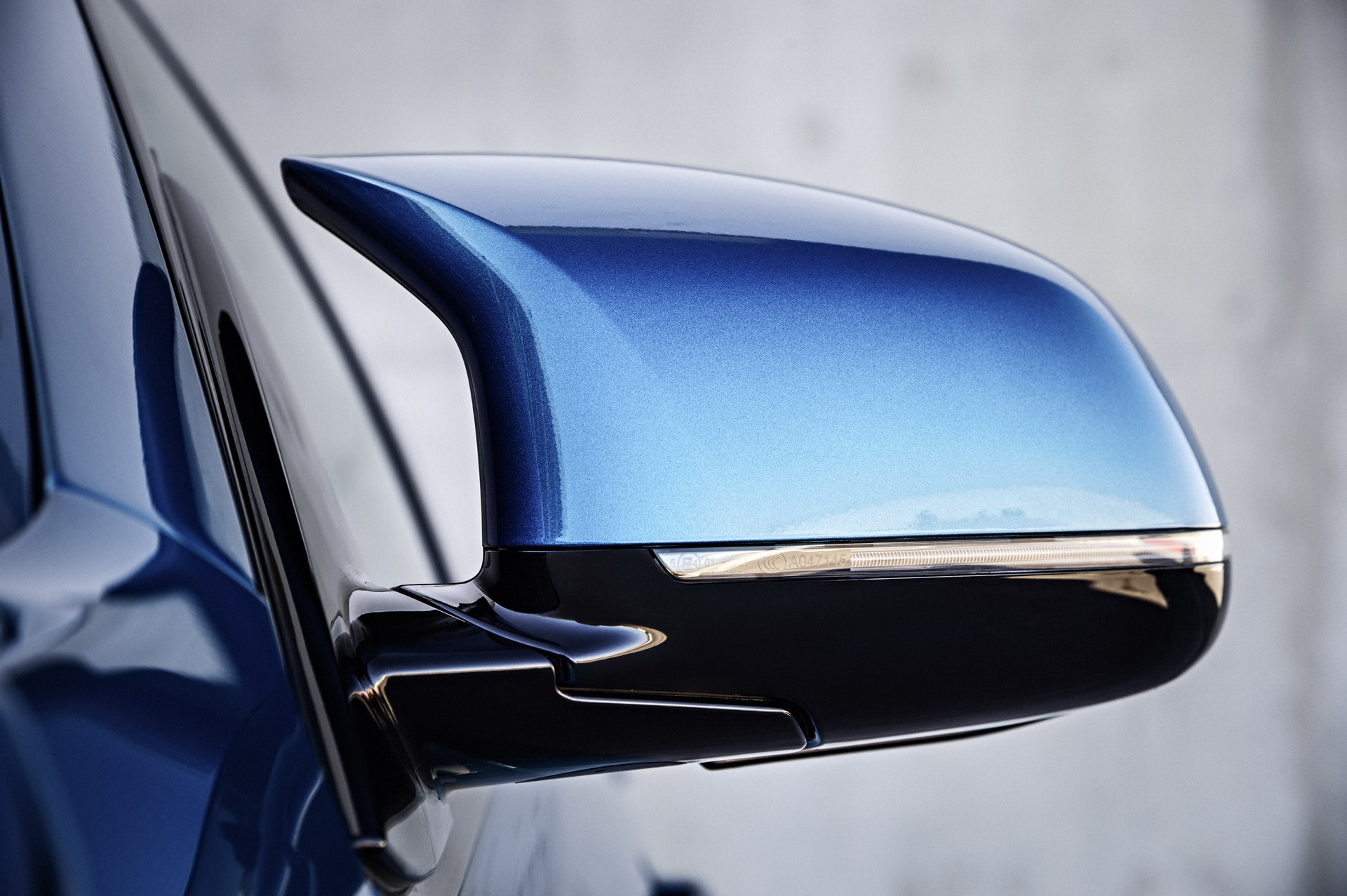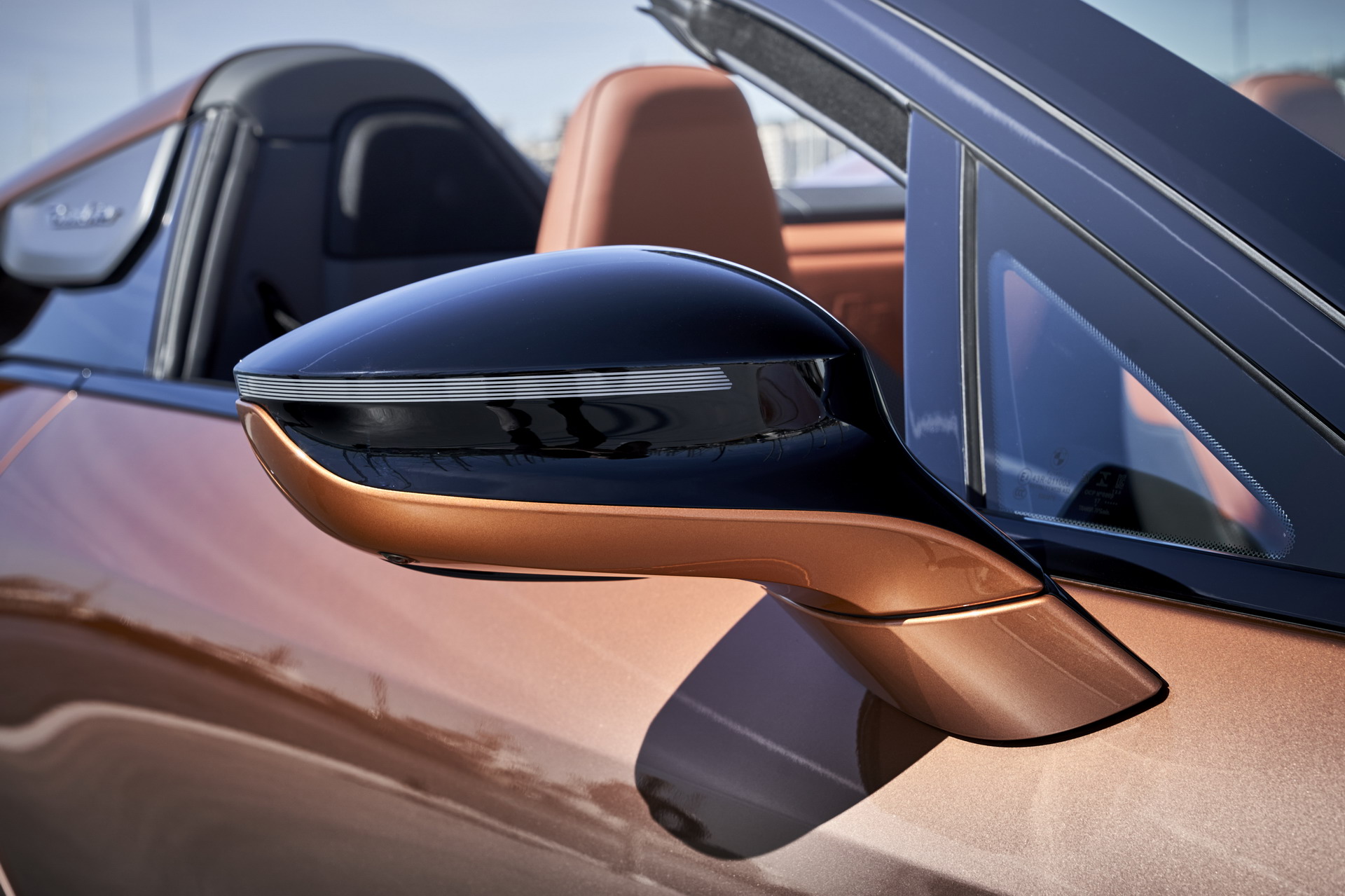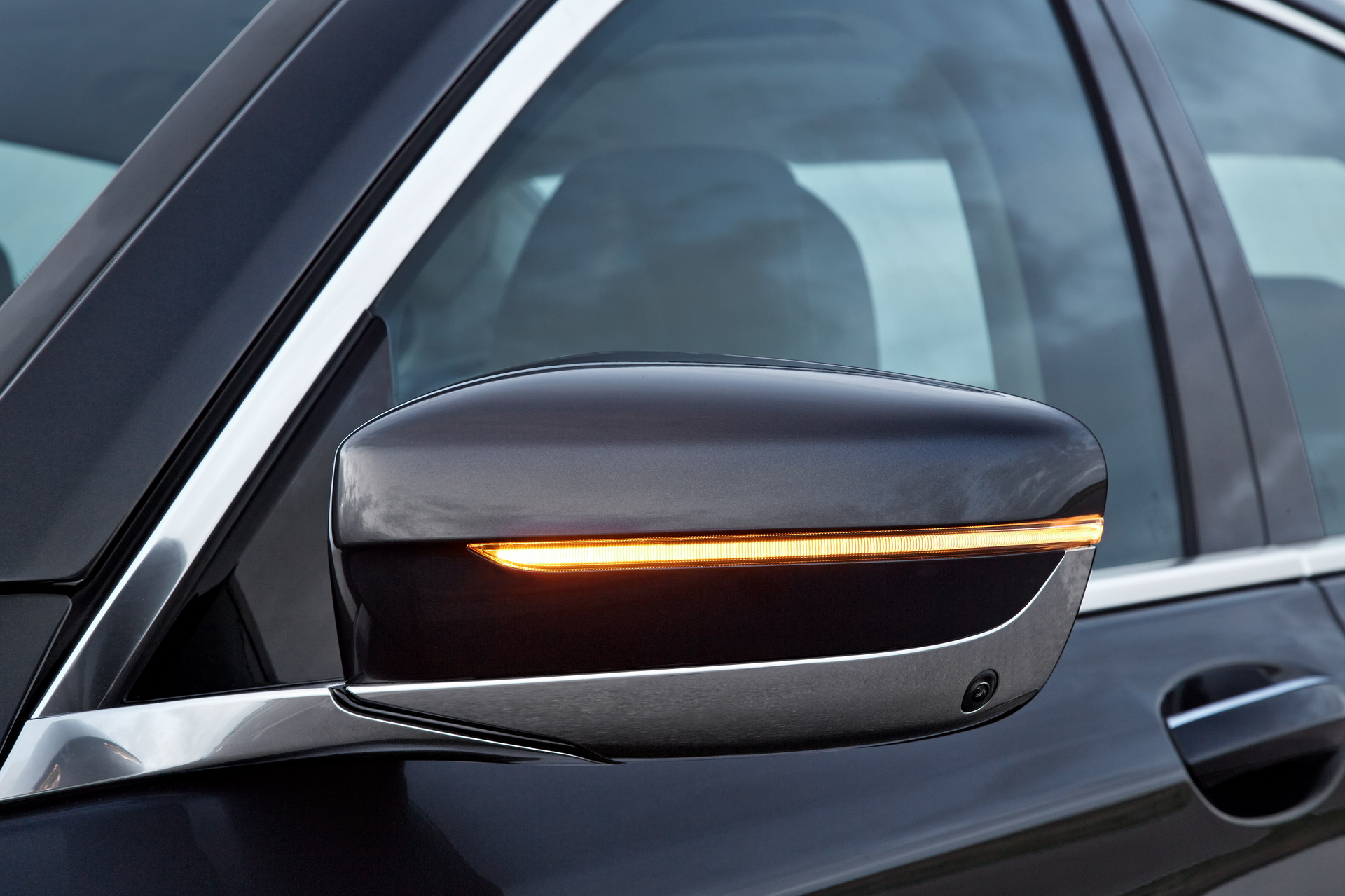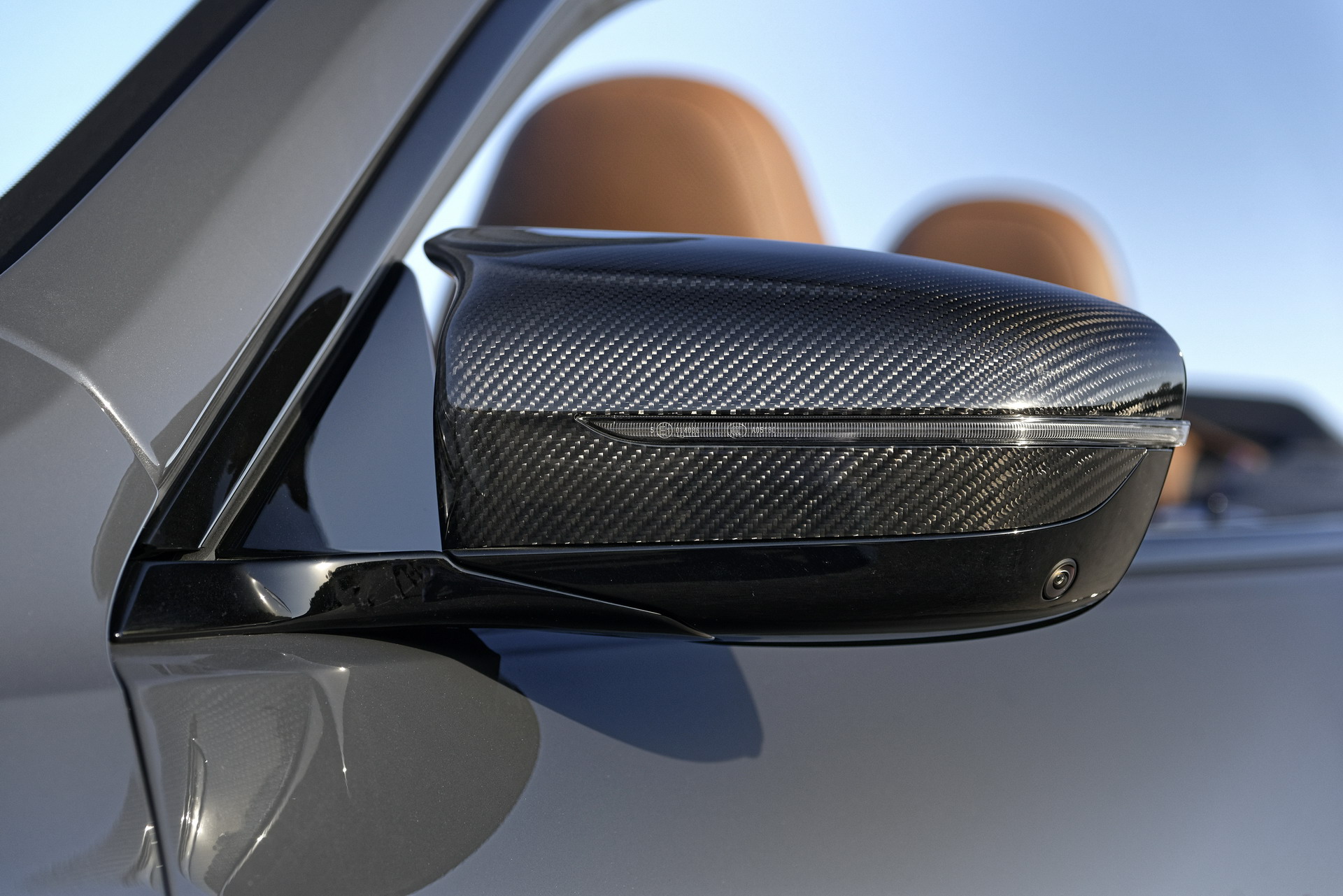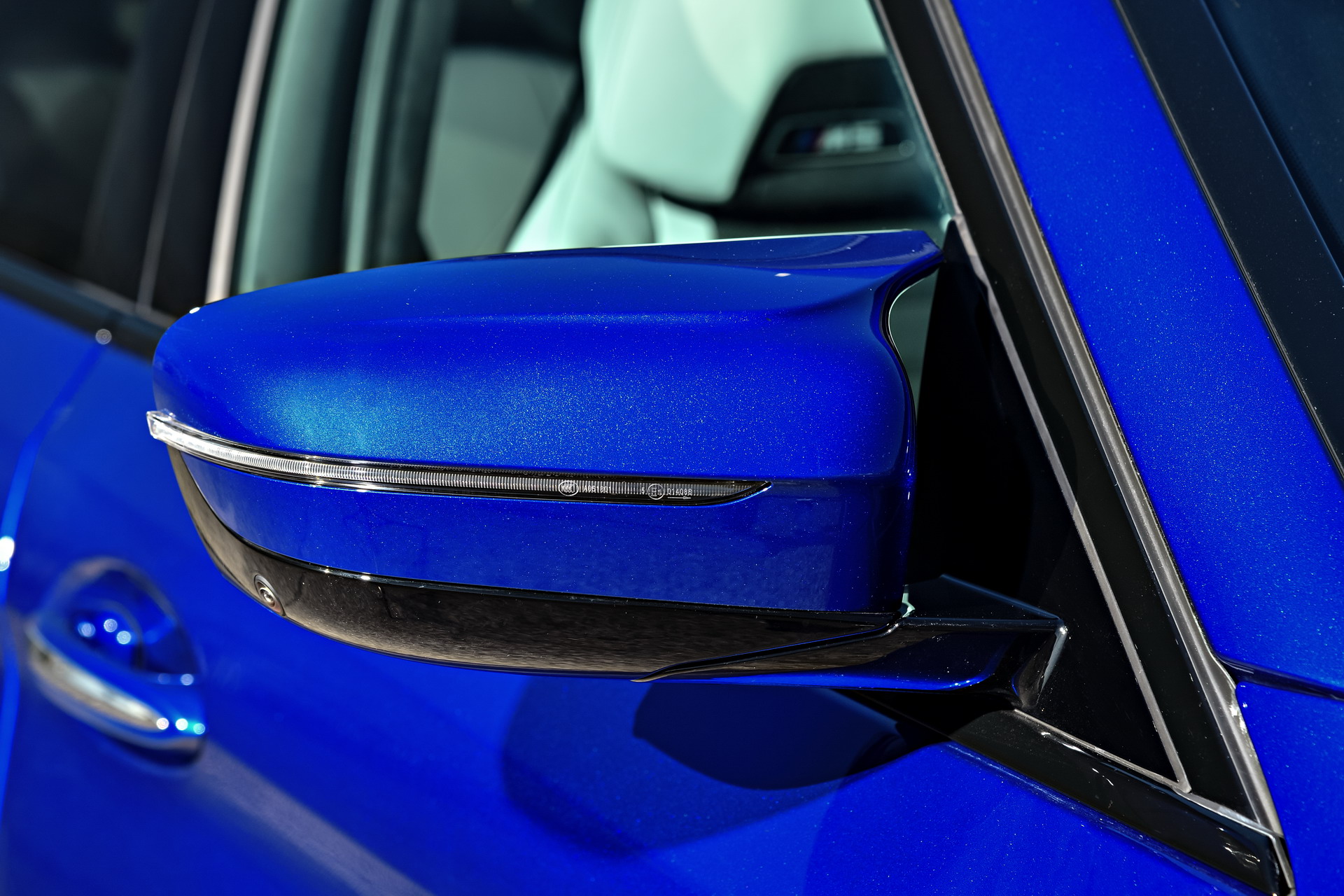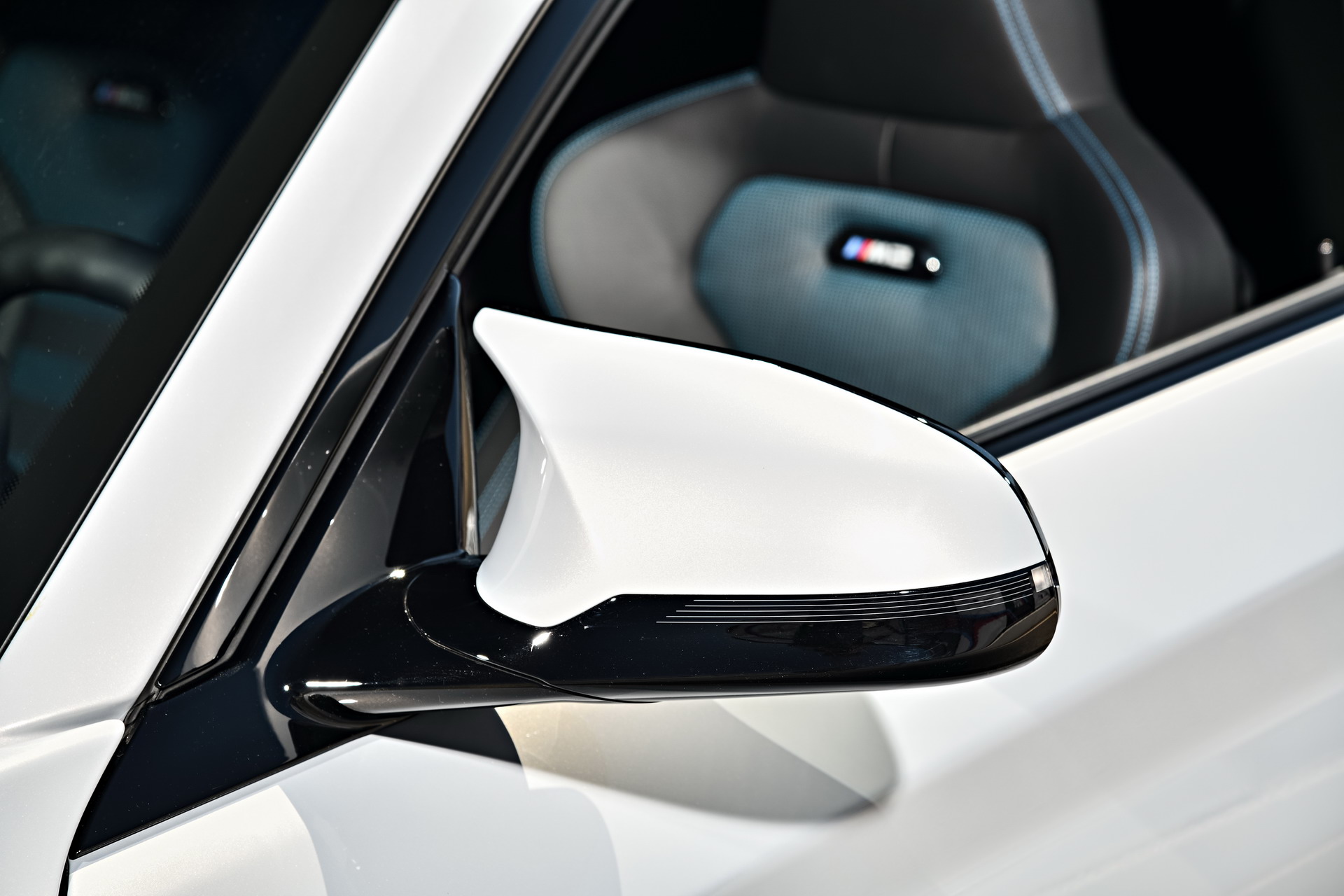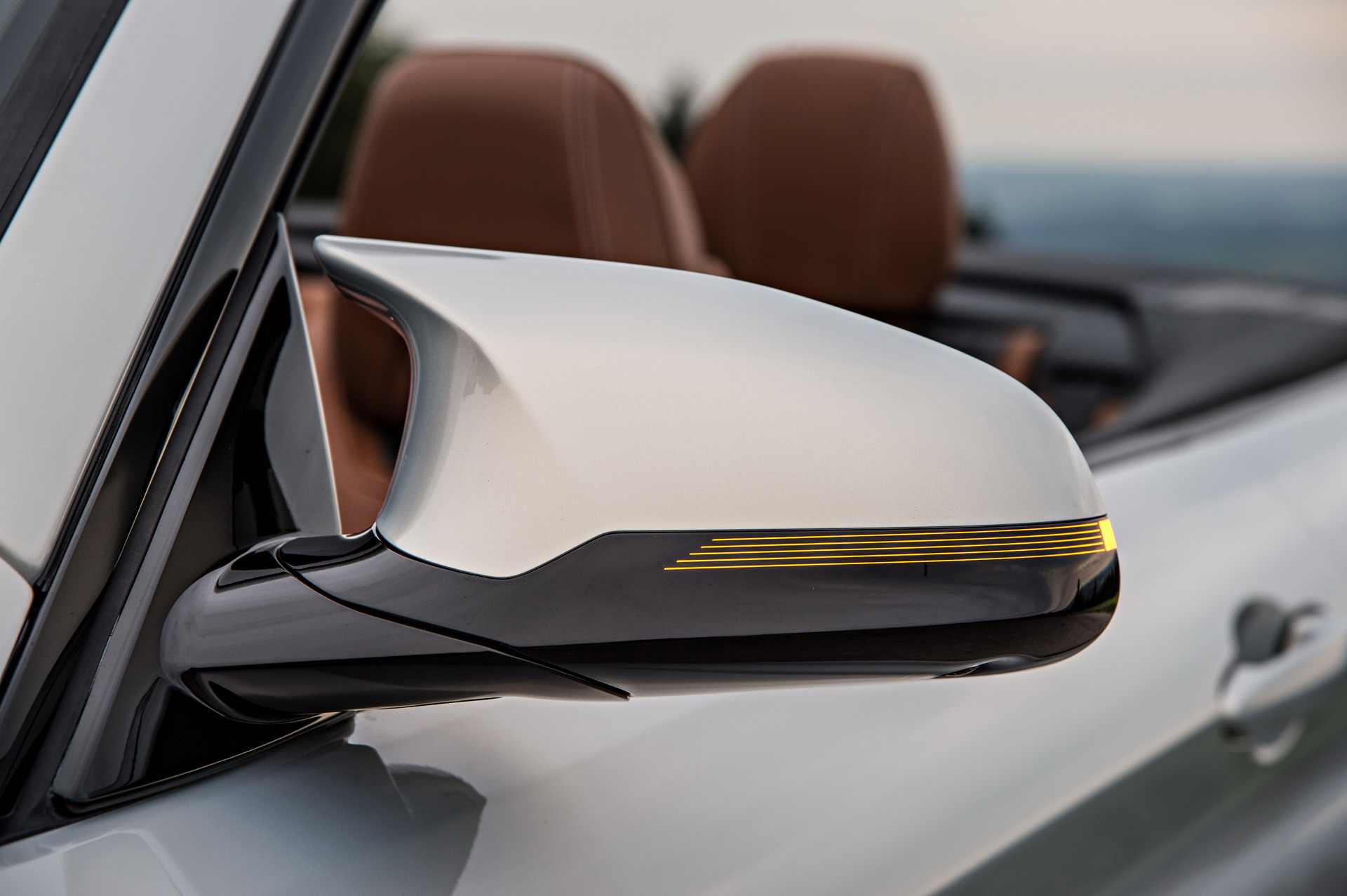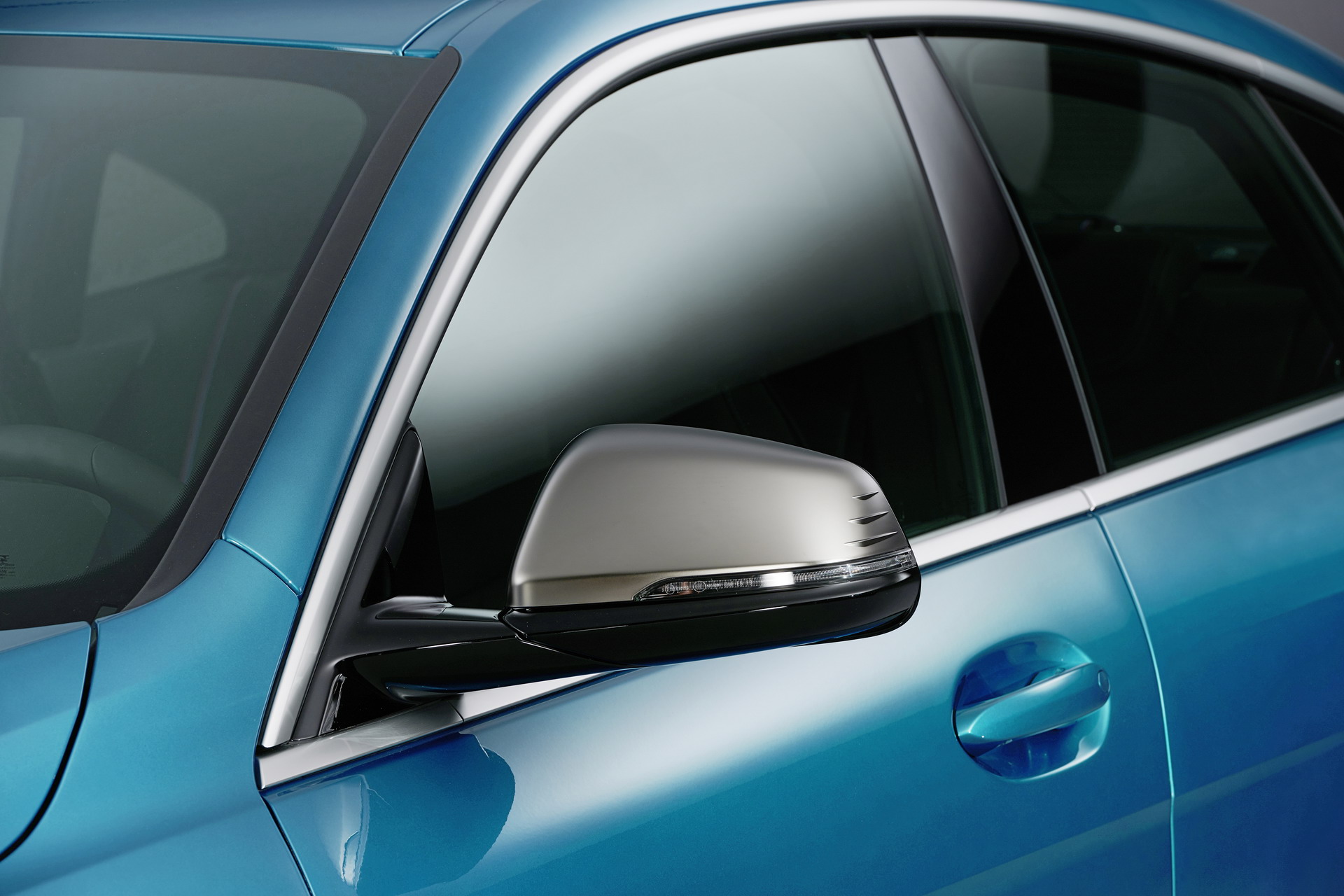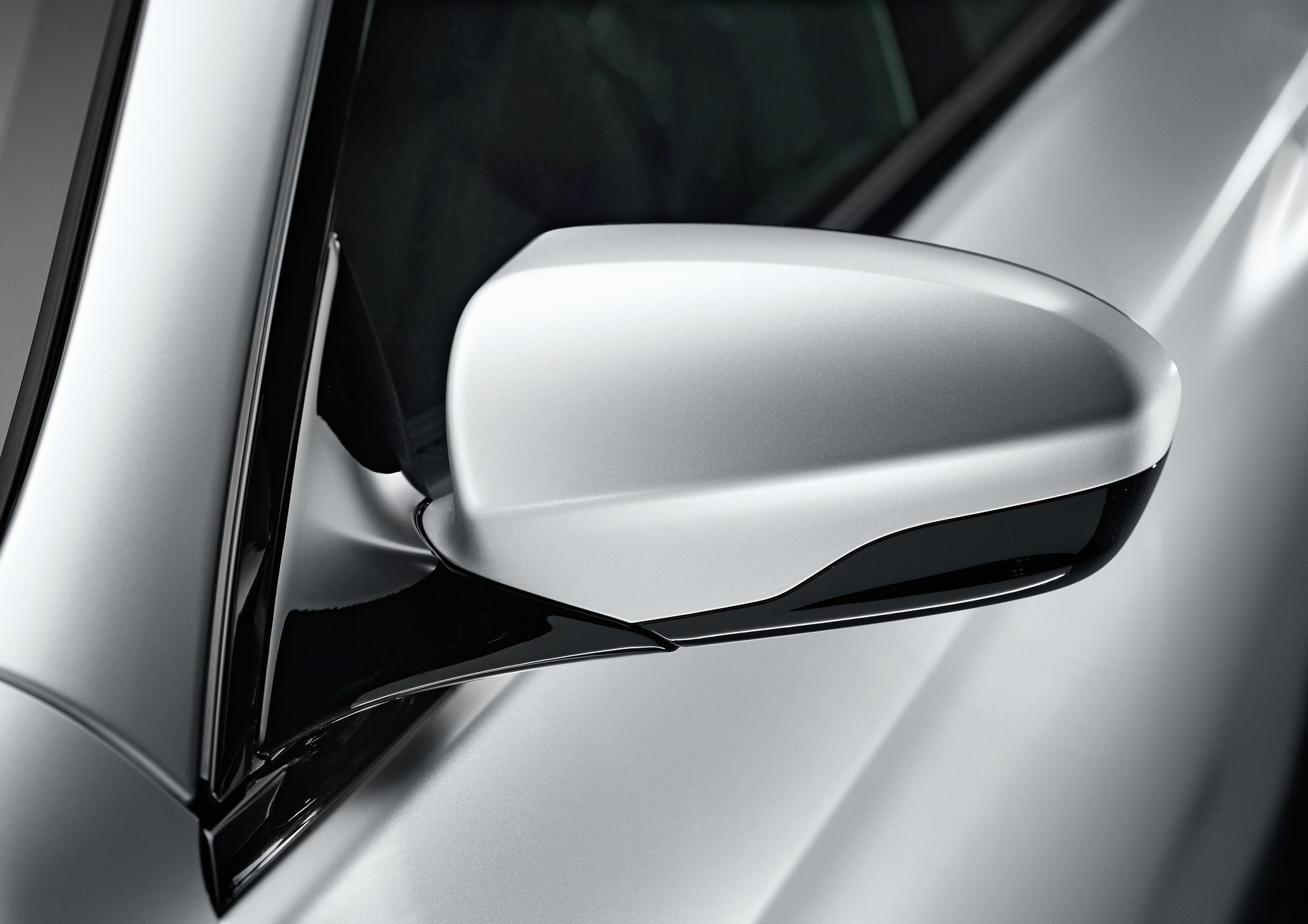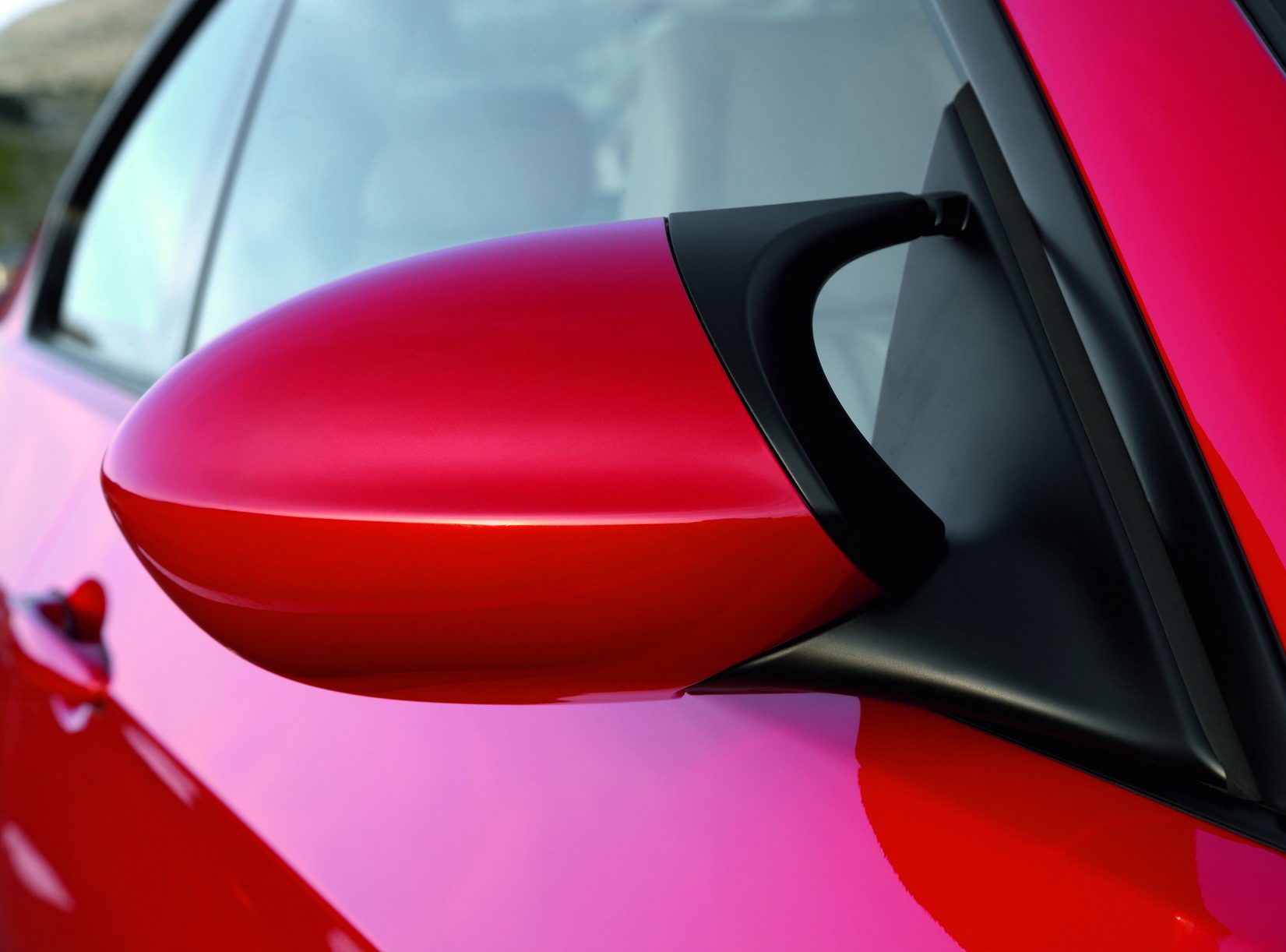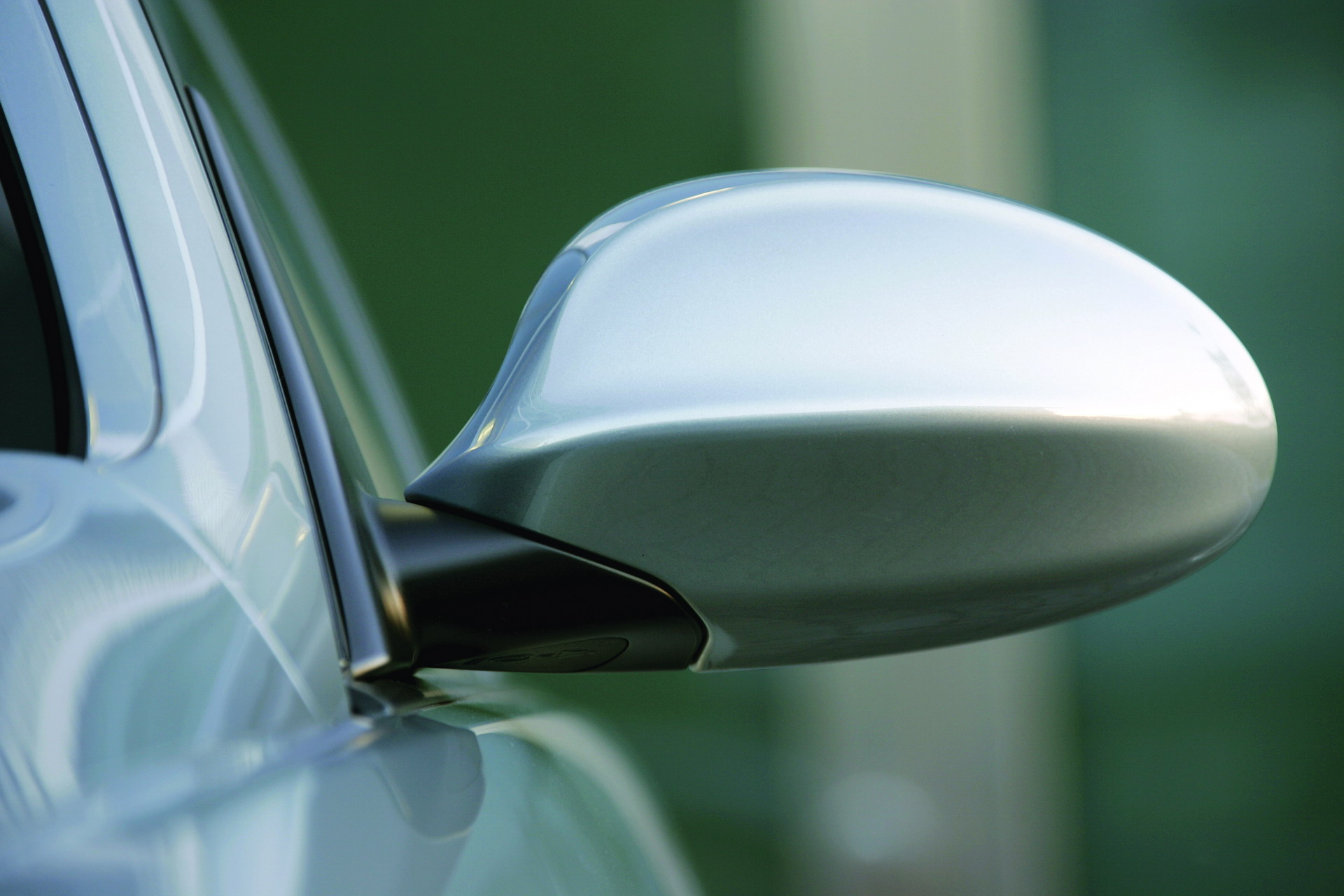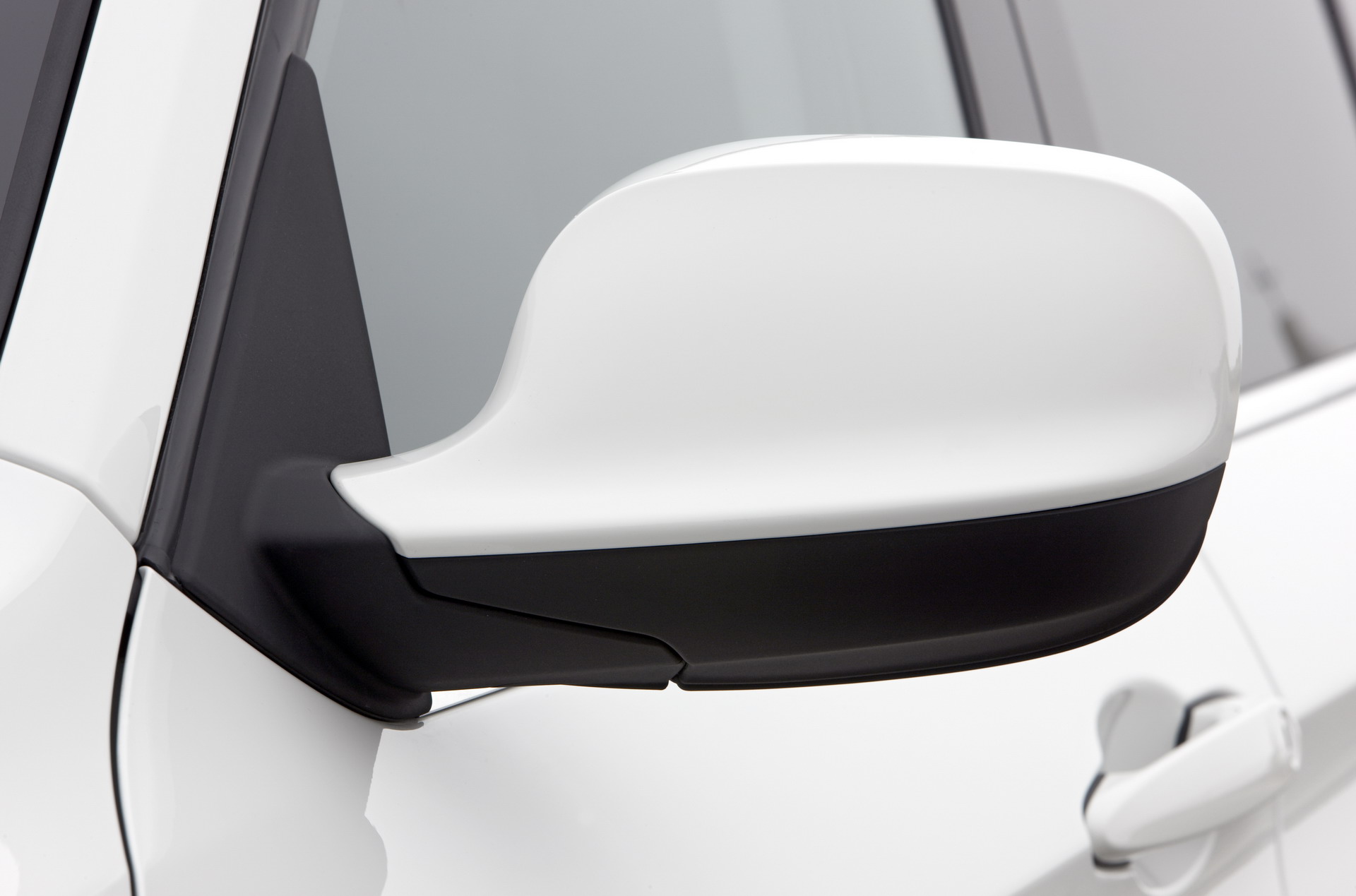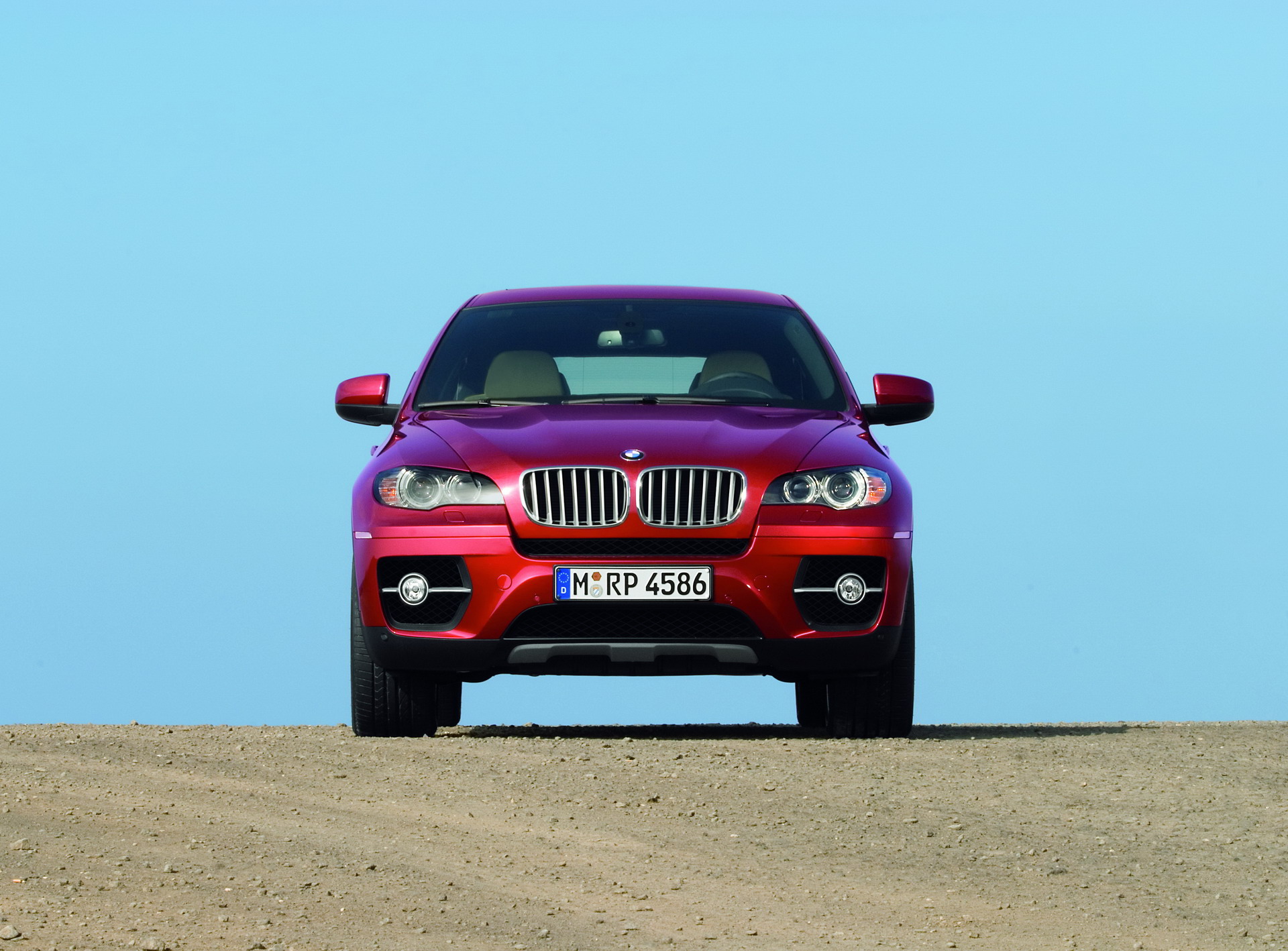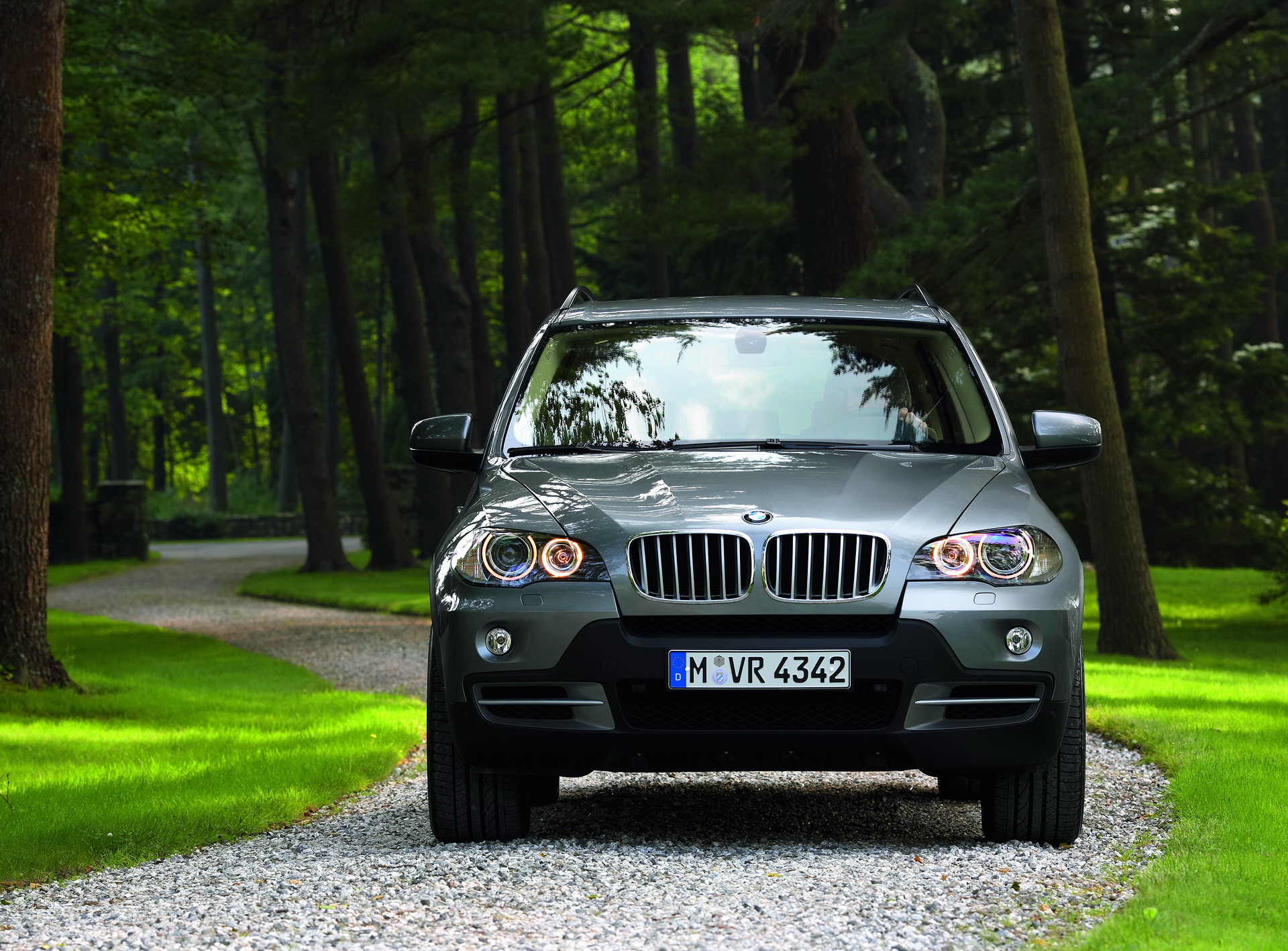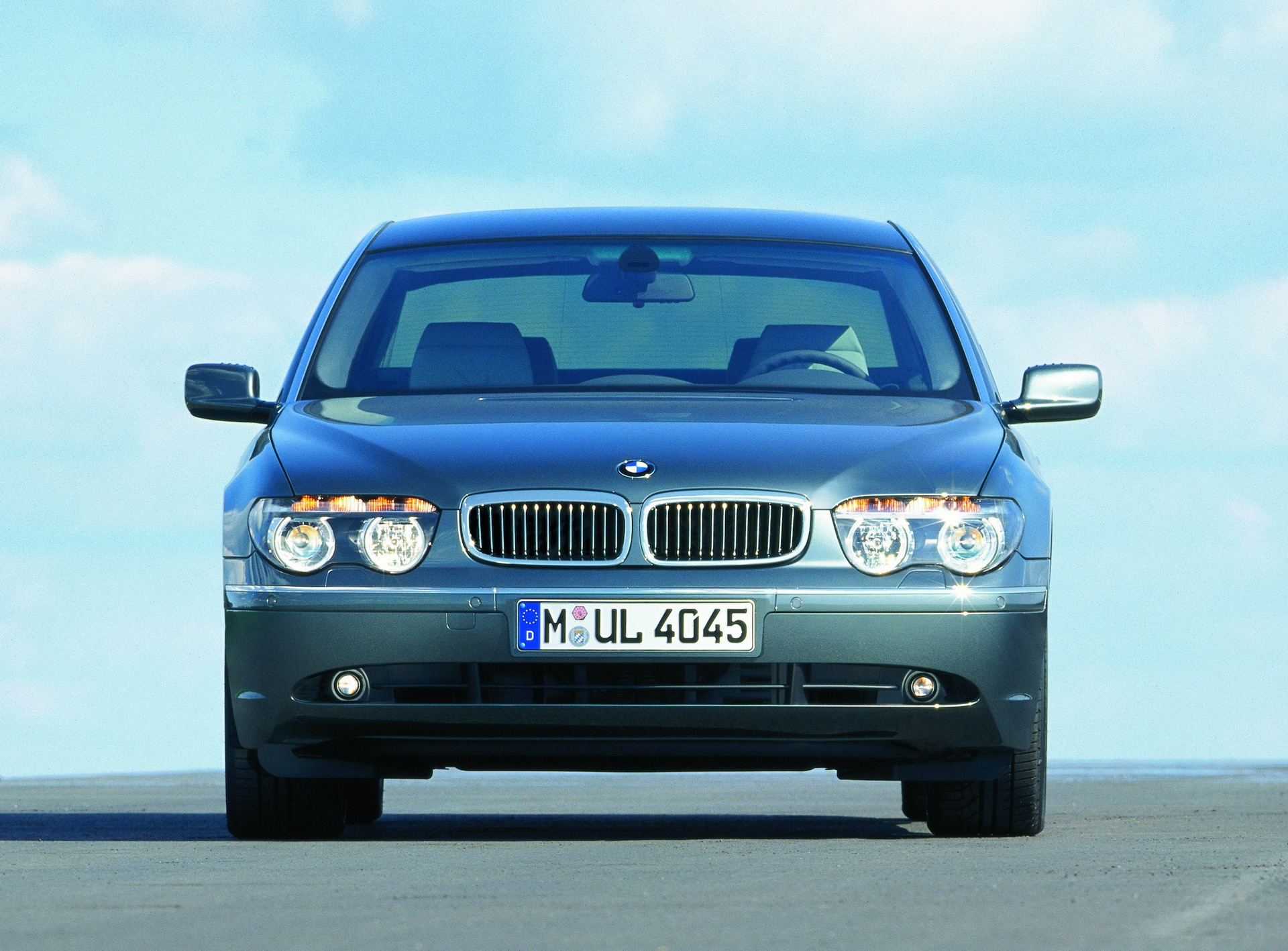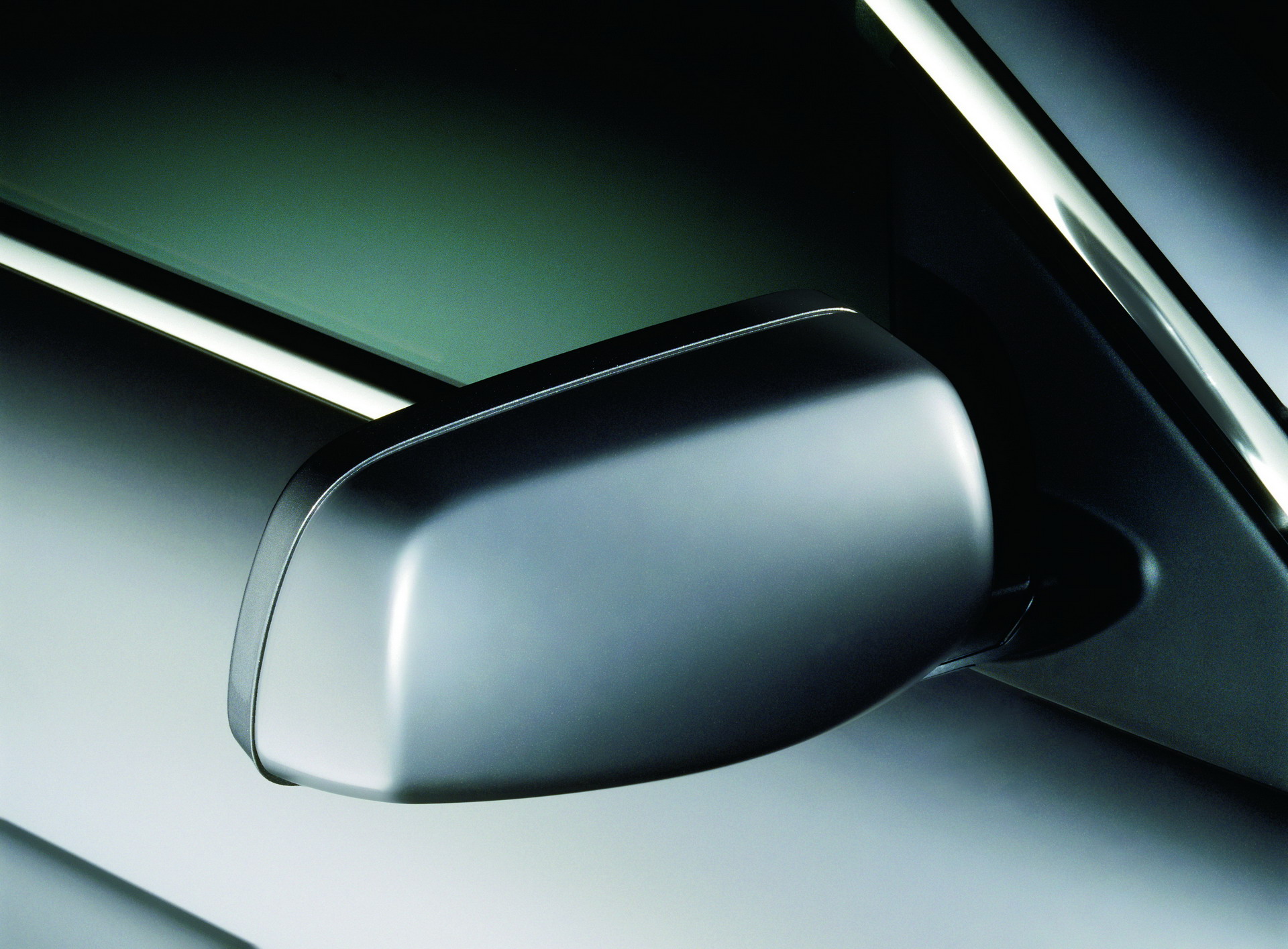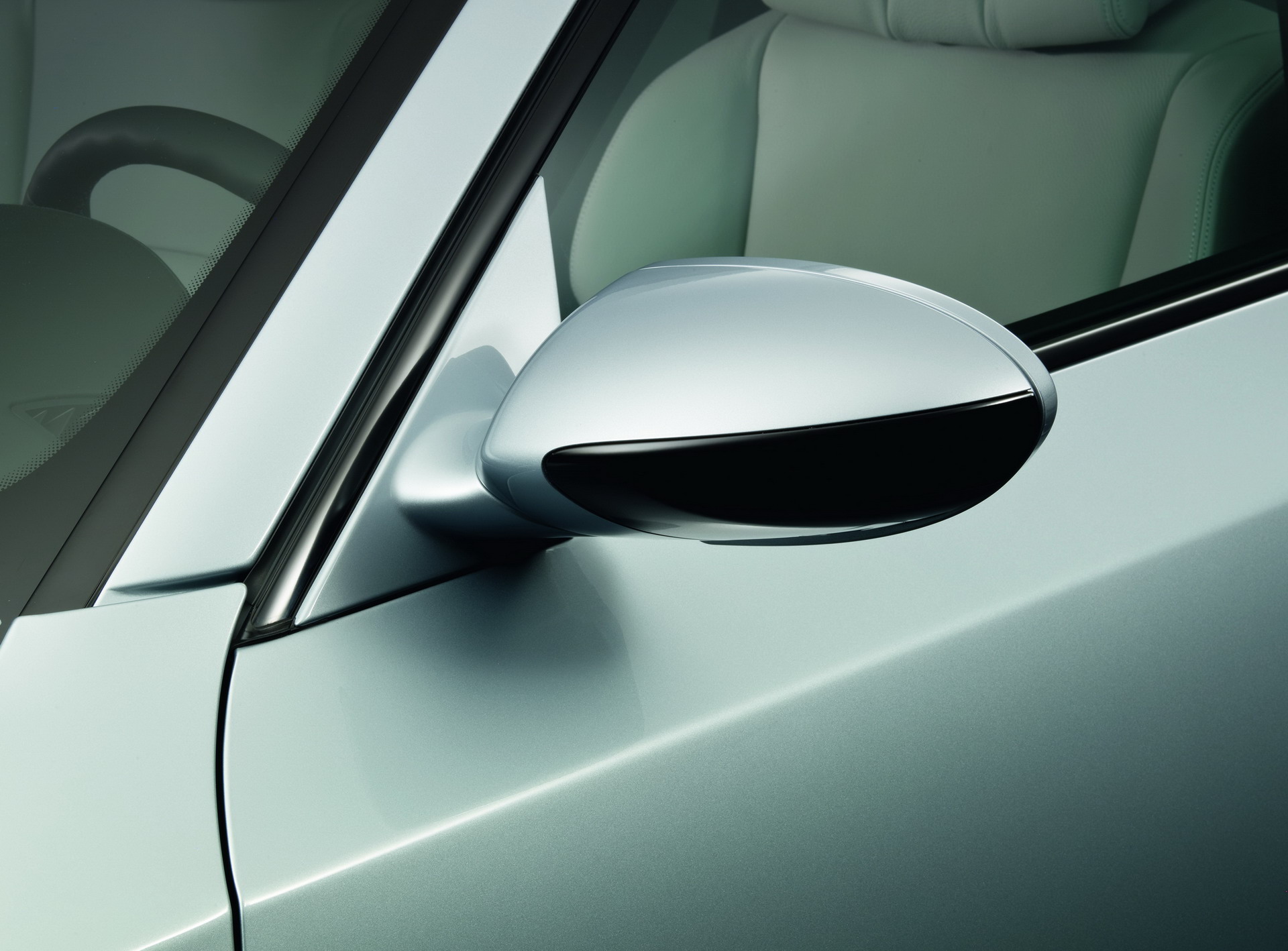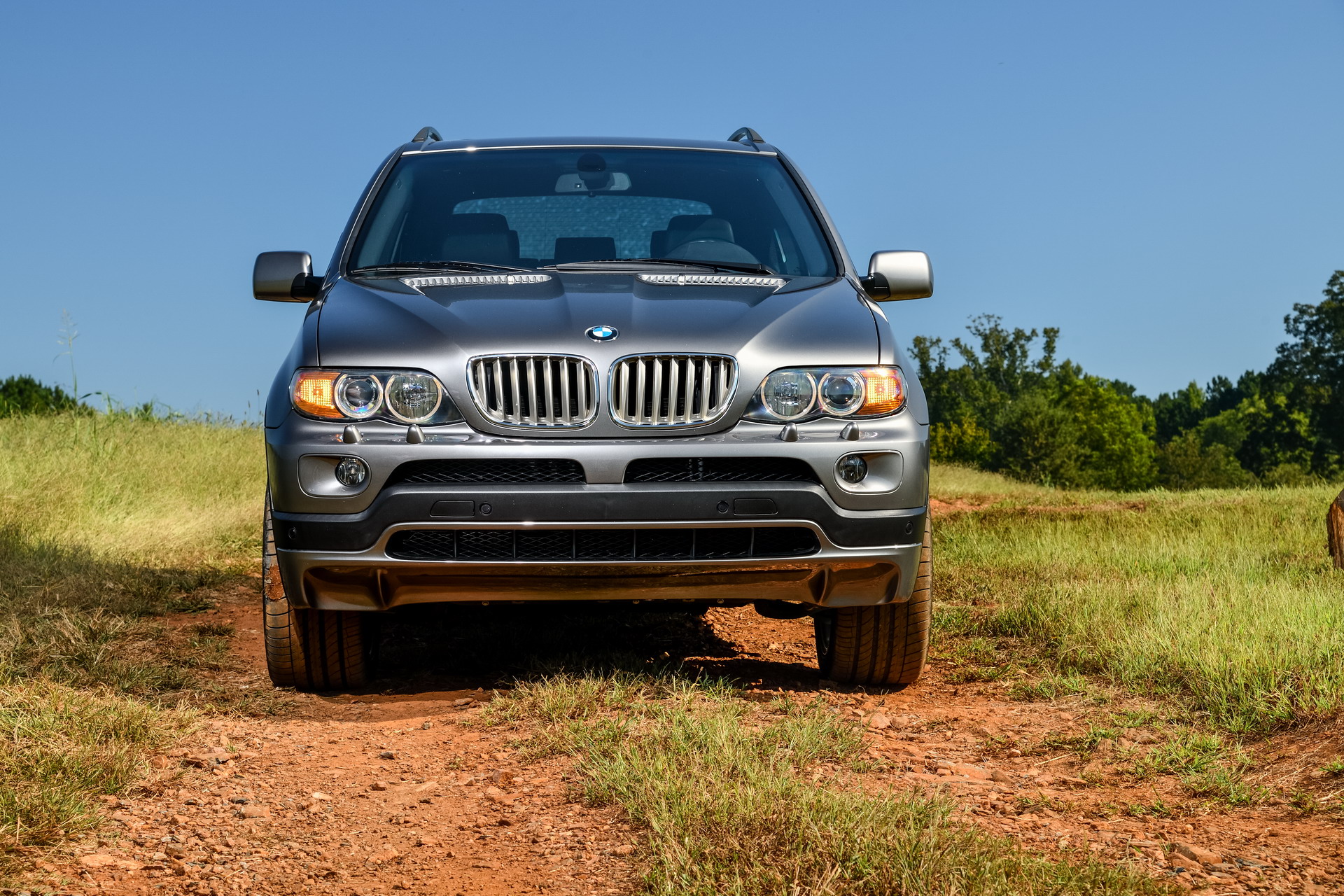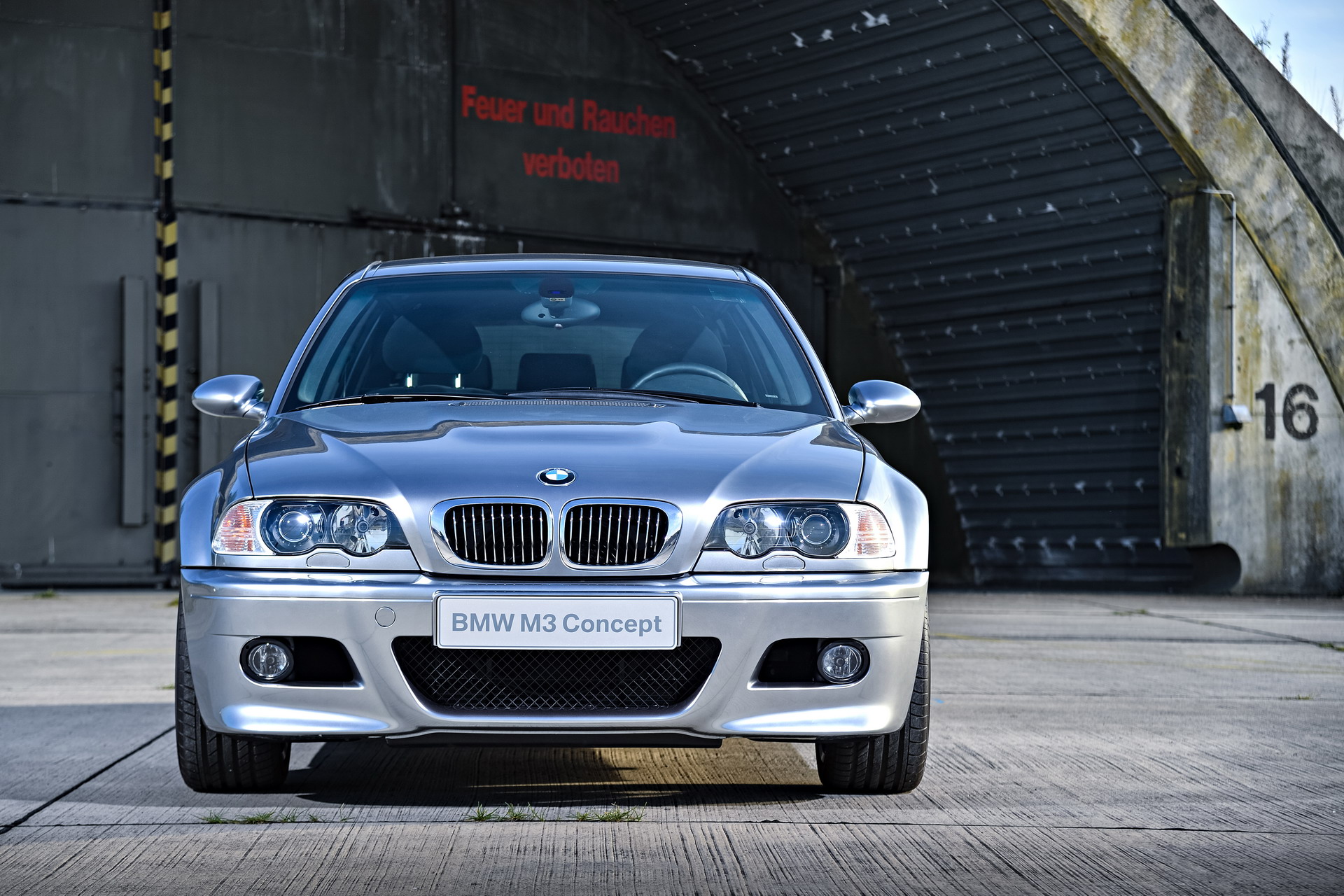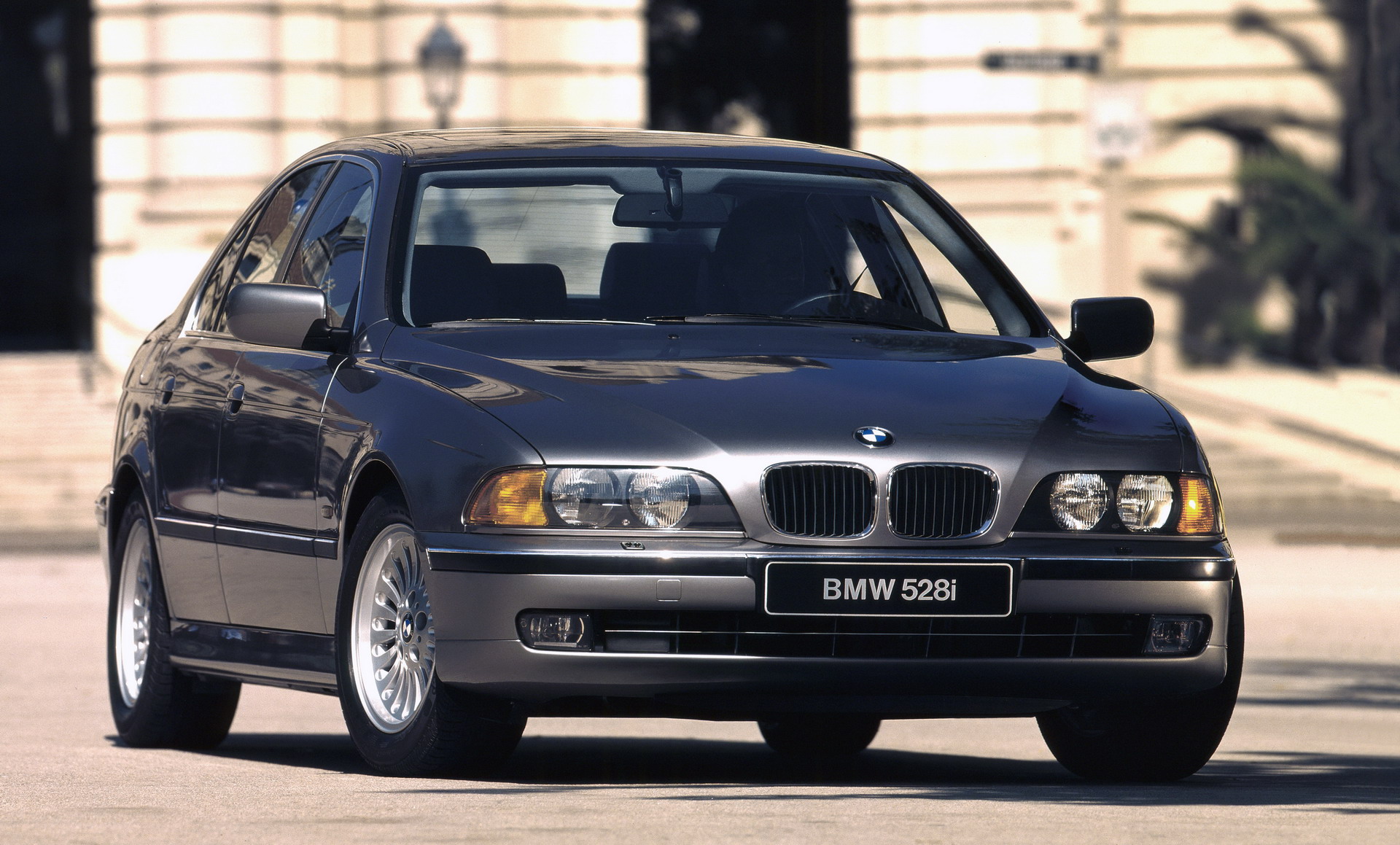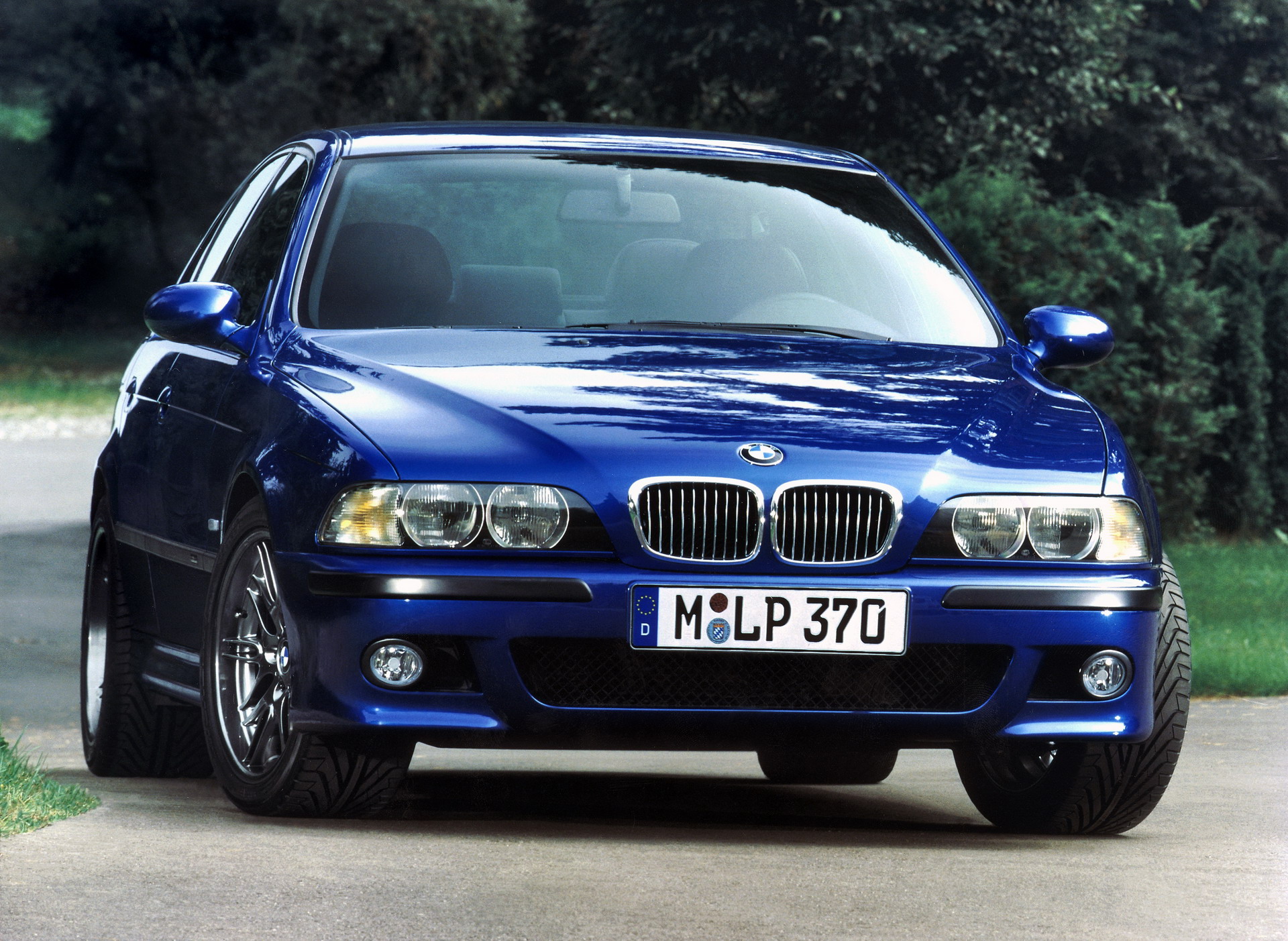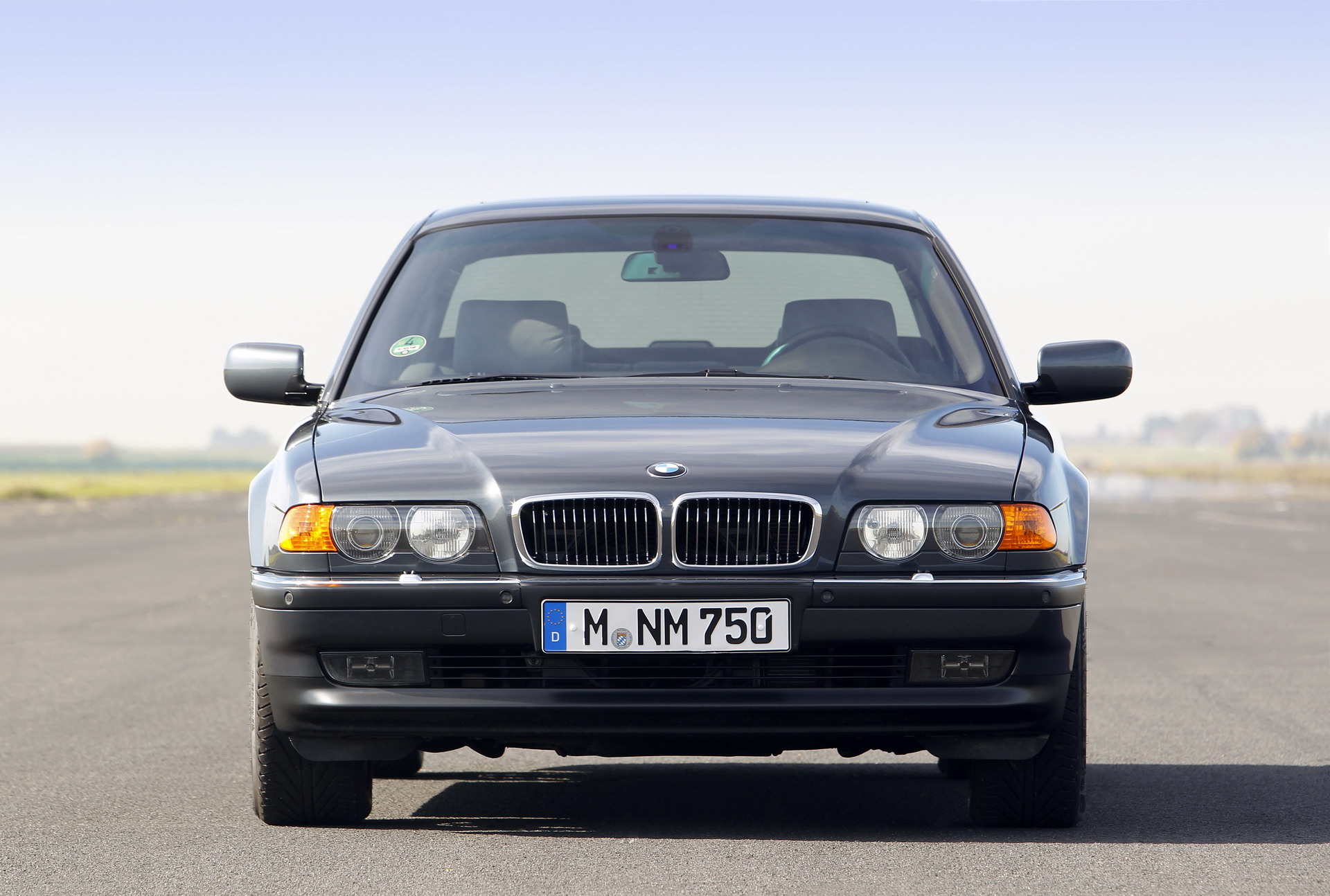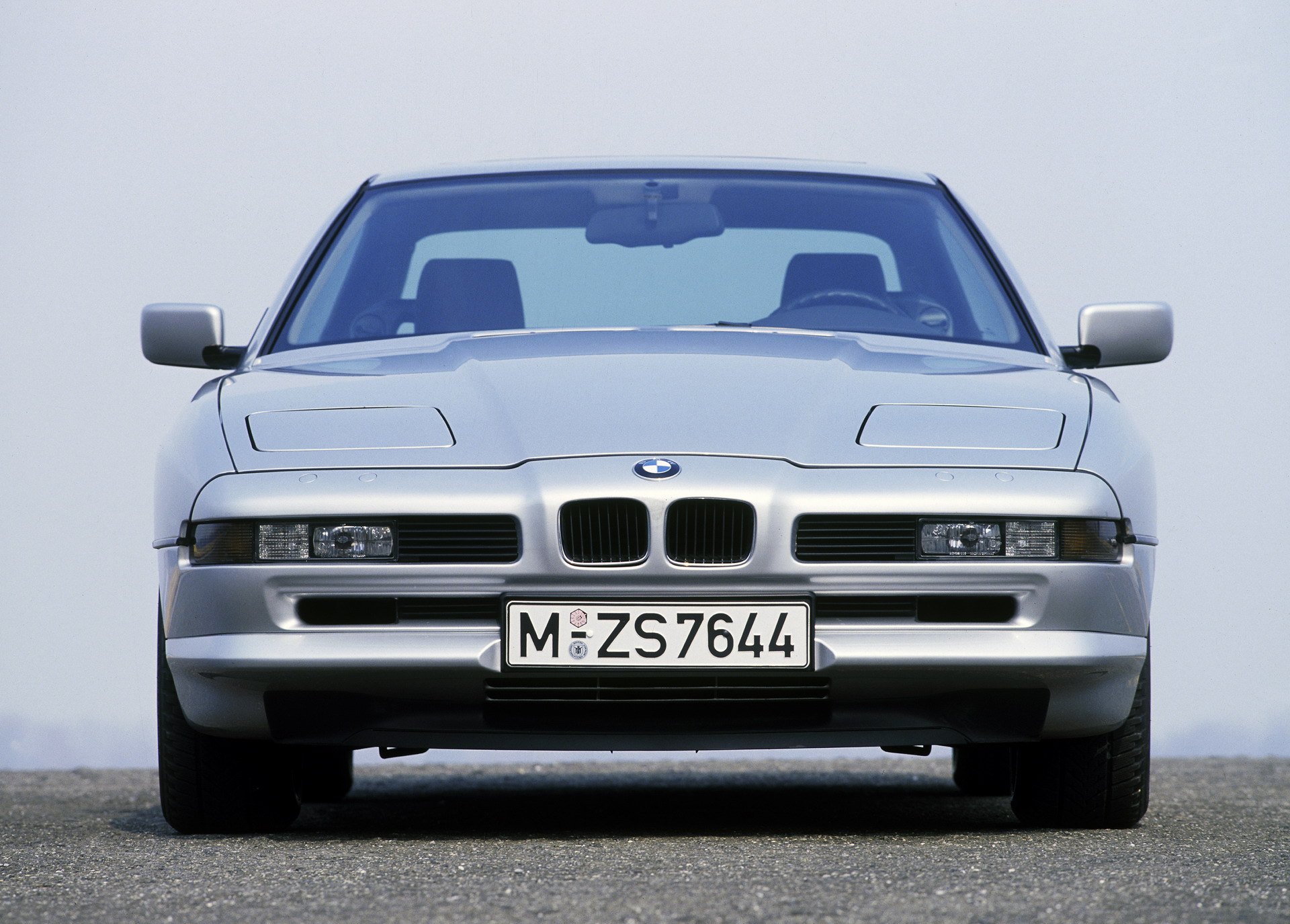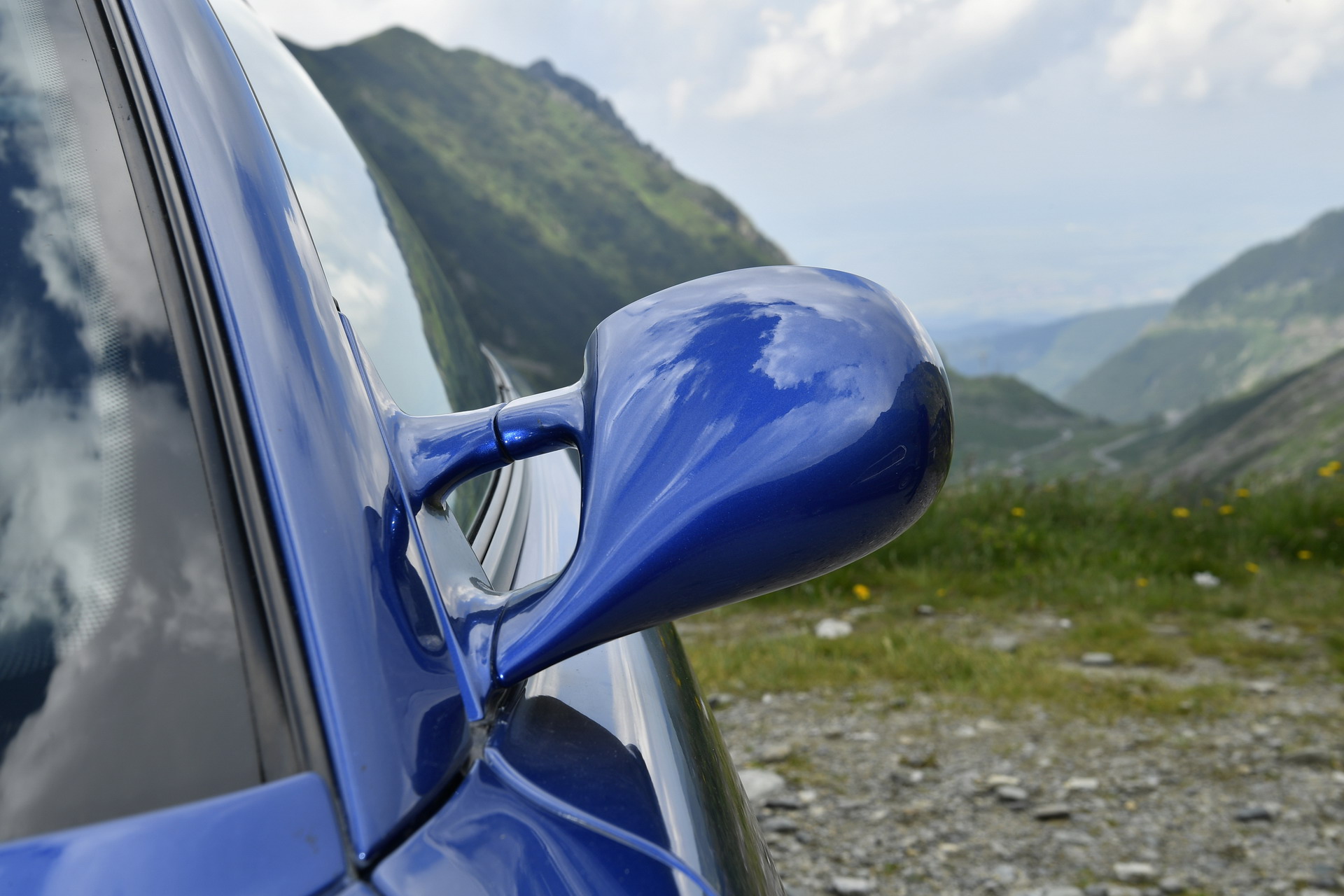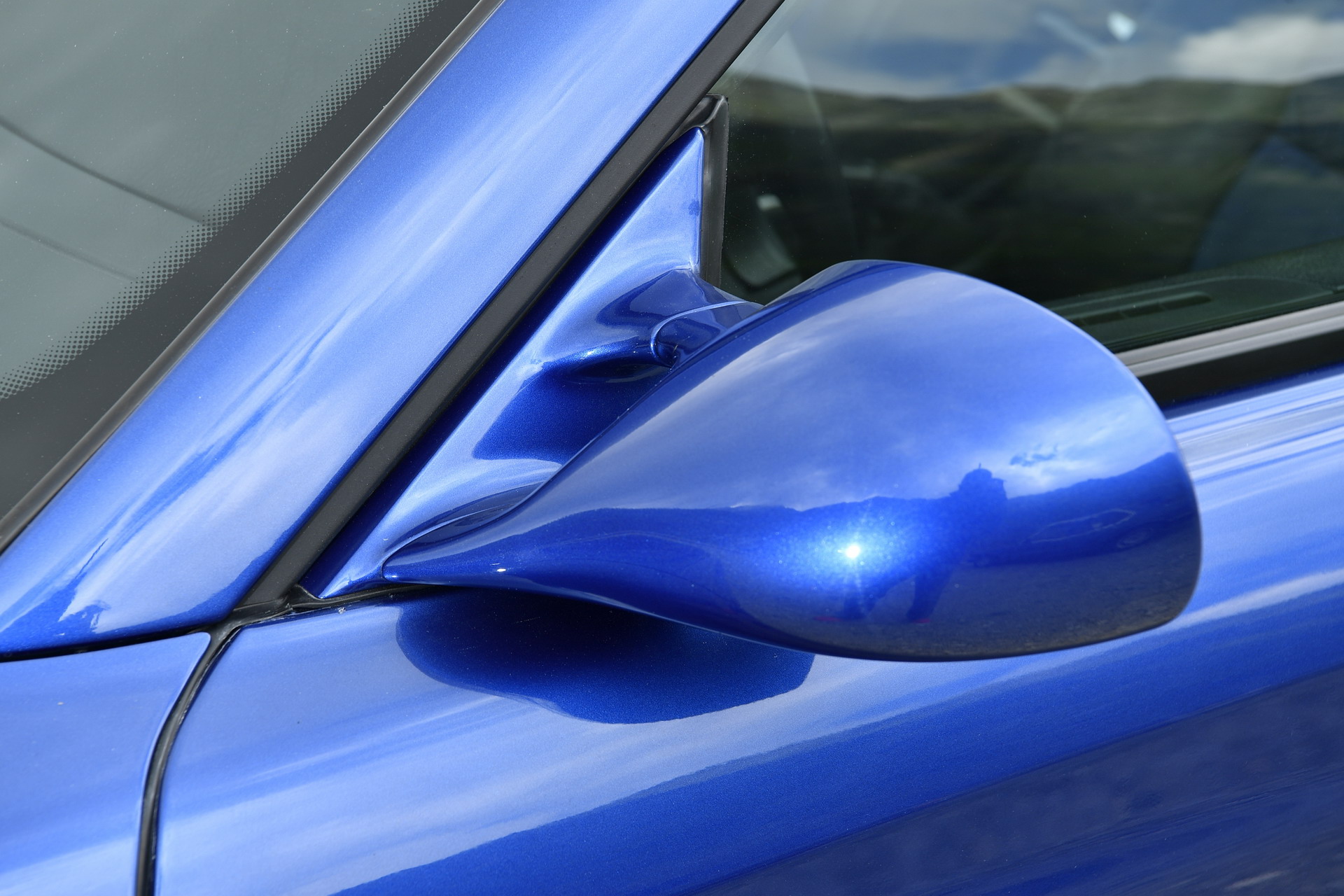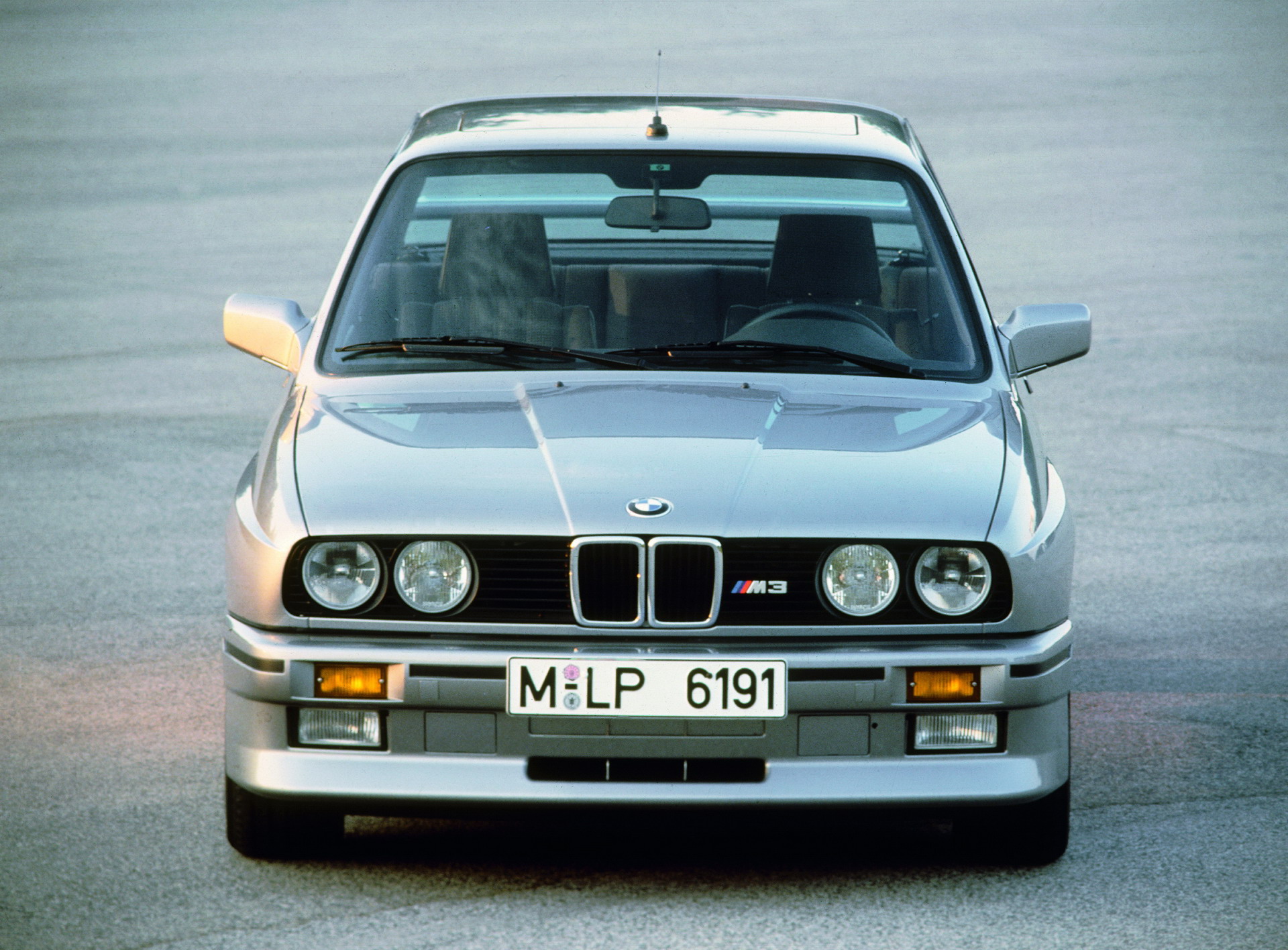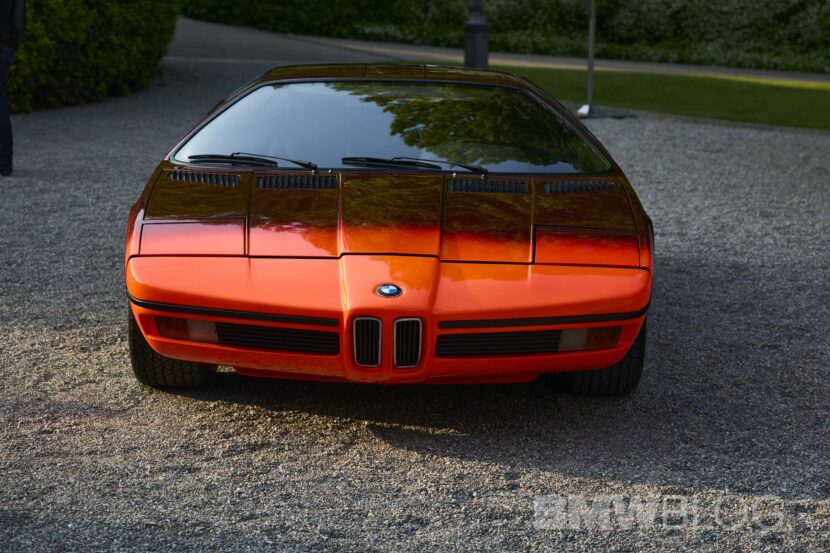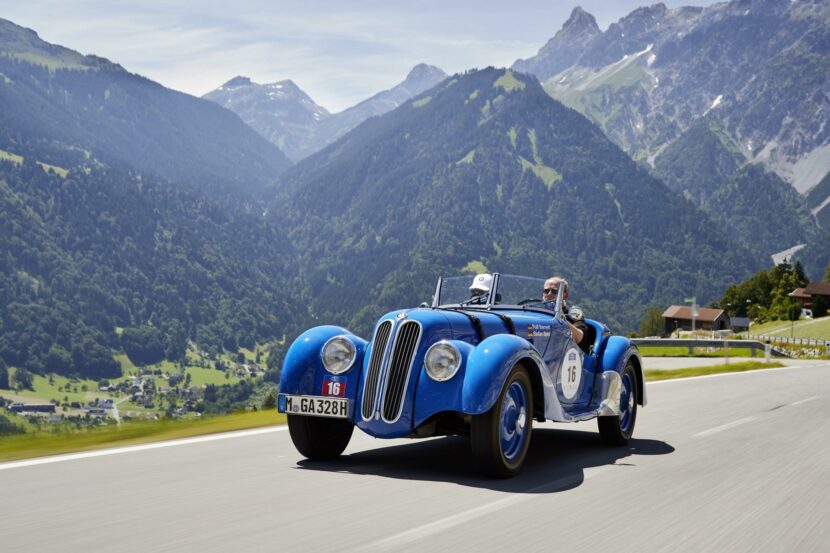BMW has a tradition of designing beautiful and stylish exterior mirrors. From the early ’90s to the present day, I virtually look back and examine the history of some of the most attractive and varied designs in this respect. Exterior mirrors are a highly important equipment on any car. They became relevant after the invention of the first automobile.
As speed and vehicle performance increased, the need to acknowledge the action behind the car before committing to maneuvers became so stringent. On BMW models, the presence of exterior mirrors can be traced back to the old 3/15 which appeared in 1927.
Nowadays, exterior mirrors are a sophisticated piece of equipment. Depending on the chosen configuration, they can fold automatically when the car is closed/opened, they can defrost in the cold season thanks to the heating system and they also incorporate the side blinker for better visibility.
Furthermore, on some high-end vehicles, they even come with sensors and cameras that help build up the aerial view of the Remote 3D View and alert the driver of the presence of another vehicle in the blind spot.
Not only they accomplish a functional role, but exterior mirrors can also enhance the overall look of the car and make it look more stylish. If you want, they are that element that helps round off and balance the entire design. A car is not complete without them and would otherwise look awkward and unfinished. In the future, exterior mirrors will become more digitalized than ever and be replaced by cameras.
Before that happens and regulations are aligned with the digitalization trend in this aspect, let’s cherish the present and be happy that we still have some beautiful and effective exterior mirrors on modern-day BMWs. The Bavarian constructor is known for designing some of the most beautiful and cohesive exterior mirror designs in the automotive industry.
For example, mainstream BMW models and high-performance BMW M vehicles are further differentiated with the help of exterior mirrors, something which doesn’t happen in the yard of other competitors. I will take you in a journey from the early ’90s up to the present in the quest to explore how BMW exterior mirrors have evolved in the last 30 years.
The 1990s Era
In the first part of the 1990s decade, BMW had various models in production, as follows: the E30 3 Series (produced until 1994), the E34 5 Series (produced until mid-1996), the E32 7 Series (produced until 1994), the E31 8 Series (produced until May 1999), the Z1 (assembled in limited production until 1991) and the E36 3 Series (running from 1990 until 2000).
While the E30 – E34 – E32 shared the same exterior mirror design, with a large-sized rectangular casing, the E31 brought in a new, slimmer styling for the mirrors.
The Z1 had a pair of tiny exterior mirror mounted on the lower section of the A-pillar, that mimicked an inverted trapeze.
The E36 also exhibit a slimmer styling for its exterior mirrors, derived from that of the E31.
In the second part of the decade, the E38 7 Series (1994 to 2001), the E39 5 Series (1995 – 2004) and the E46 3 Series (1997 – 2006) borrowed their exterior mirrors from the 8 Series.
As well, in this period the E36/7 Z3 Roadster and the E36/8 Z3 Coupe were also premiered. They were equipped with door-mounted mirrors with a slightly rounder shape and were installed directly on the door.
The first X5 generation, the E53, came in 1999 sporting large-sized exterior mirrors with a decisively rectangular shape that exuded muscularity and fitted the car’s overall personality.
The 2000s Era
The first era of the third millennium marked an effervescence of design. BMW styling became revolutionary in all aspects. The first exponent of the new design philosophy under the helm of Chris Bangle was the E65/E66 7 Series that was premiered in 2001.
It also introduced a new and more aerodynamically curved type of exterior mirrors, which remained reserved solely for the luxury flagship. In 2003 and 2004, the E60/E61 5 Series and the E63/E64 6 Series brought in new exterior mirrors, with sort of a parallelogram-like shape.
In 2005, the then-new E90 3 Series was revealed, featuring oval-shaped mirrors.
The 2000s decade also brought in the very mid-sized SAV of the family: the E83 series of the first BMW X3 generation. The model borrowed its mirror design from the bigger brother X5 (E53).
The first iteration of the X5 got replaced by an all-new generation starting 2006 – the E70, also bringing a new design for the exterior mirrors. They got a bigger reflection surface and their overall shape resembled half of an oval figure. In 2007, the first-ever Sports Activity Coupe (SAC) in the history of BMW – the X6 (E71), was officially introduced, sourcing its mirrors from the E70 model series.
In summer of 2008, the aging E65/E66 generation was replaced by the F01/F02 7 Series, which also launched a new design for the exterior mirrors with a more trapezoidal and less curved shape. This type of mirrors was later added to the new F07 5 Series GT (pre-LCI) in the course of 2009, the new F10/F11 5 Series (pre-LCI) which came in 2010 and the new F06/F12/F13 6 Series models (pre-LCI) starting with 2011 onwards.
In the last 4 production months of 2009, the older E60/E61 5 Series also got revamped with the new mirrors. Also in 2008 and 2009, the E90/E91/E92/E93 models of the 3 Series underwent an LCI procedure which also meant an update in the exterior mirrors department.
Last, but not least, the E89 Z4 replaced the E85 generation in 2009, also premiering a new type of exterior mirrors, in the form of a teardrop.
The first compact-sized SAV of the brand, the X1 (E84 model series), also came that year, featuring a new pair of mirrors that looked to have been inspired by the E9x 3 Series design, even though the overall shape was largely inflated and there was black plastic strip in the lower section of the mirrors. This type also spawned onto the F25 X3 starting 2010.
In the early 2000 until 2003, BMW also revived the old 507 Roadster into a modern interpretation by revealing the Z8 (E52 model series), which also starred as the James Bond car in the famous movie series. The Z8 Roadster featured chrome-plated, circle-shaped exterior mirrors which were connected directly to the door, like in the case of the Z3.
The 2010s Era
The F20/F21 1 Series compact model, that made its debut in 2011, is the very first BMW model to premiere exterior mirrors with integrated turn signals and an overall new hallmark brand shape for those.
From 2012 onwards, these new and more elegantly styled mirrors were also adopted by the following models: F30/F31 3 Series, the first 3 Series GT (F34), the first 2 Series Coupe/Cabriolet models (F22/F23) and the first 4 Series Coupe/Convertible/Gran Coupe (F32/F33/F36) and the E83 X1 LCI.
The LCI generations of the F07/F10/F11 5 Series, F06/F12/F13 6 Series and F01/F02 7 Series also got the new mirrors with turn signals, but with a slight modification in the form of a black plastic appendix in the lower section.
By 2013 and late 2014, the new F15 and F16 generations of the X5 and X6 displayed a new design for the exterior mirrors, which were thus fitted with turn signals. The overall shape was similar from the already abundant signature design, but it was less carved and more bubble-looking.
In 2014 and 2015, the first-ever 2 Series Active Tourer and Gran Tourer (F45/F46), as well as the second generation X1 (F48) came in with new exterior mirrors, somehow similar to the 1 Series design, but different in the sense that the connecting piece between the casing and the door was now longer. This type of exterior mirror is now present on all front-driven Bimmer models, such as the new F40 1 Series, the very first 2 Series Gran Coupe (F44) and the X2 compact SAC (F39), but you can also find it on the new Z4 roadster (G29) and the Toyota Supra (A90).
In 2014, the F25 X3 LCI generation and the first X4 medium-class SAC received the F15/F16 style mirrors, which are still in use today in the new generations of SAV/SAC models that were from 2017 to present: the G01 X3, the G02 X4, the G05 X5, the G06 X6 and the G07 X7.
In 2015, the new G11/G12 model series of the 7 Series was revealed with a new corporate design for the exterior mirrors. They can mainly be described as a styling combination between those seen on the E38 and E65 7 Series generations, translated into a more modern approach and having an integrated turn signals and optional cameras for the Remote 3D View.
The G11/G12 mirror design has been transferred onto the G30/G31 5 Series (in 2017), the G32 6 Series GT (in 2017), the G14/G15/G16 8 Series versions (from 2018) and G20/G21 3 Series (from 2019). Exclusively for the 7 Series and 8 Series, the models equipped with Chrome Line Exterior or the BMW Individual Aluminum Line Exterior packages receive a chrome/aluminum lower section for the exterior mirrors. Models equipped with high-gloss black window ornaments, as well as the 3, 5 and 6 Series get a standard high-gloss black plastic lower section on their exterior mirrors.
Starting with the Fxx generations, all M Performance versions come with a signature design for the exterior mirrors, which feature a casing painted in the hallmark Cerium Grey color.
BMW i models
The all-new BMW i3 (I01) that was launched in 2013 received F20-style exterior mirrors, whereas the first-ever (and possibly the last) i8 generation that arrived in 2014 displayed new exterior mirrors, with a decisively striking and futuristic design, that were directly attached on the door, like on the ancient Z3 of the 1990s.
BMW M Models
The BMW M models exhibit a different philosophy for the exterior mirrors than the standard siblings in the range. In the 1990s era, two types of design were designed: the mirrors with 2 attaching rods seen on the E36 M3 and the 850CSi and the teardrop mirror, on the E46 M3.
In the 2000s decade, the teardrop shape was evolved and further sharpened up on the E60/61 M5 and E63/64 M6 models and also received a signature high-gloss black ornament. The new M3 Coupe generation unveiled in 2007 returned to the dual attachment of the exterior mirrors and embraced a new styling.
After 2010, the F10M M5 and the F06M/F12M/F13M M6 models premiered a new design for the M mirrors, which was derived from the F01 design.
The F80/F82/F83 M3 and M4 models got their very own and uniquely-styled M mirrors, which was evolved from the Fxx 3/4 Series style mirrors. They can easily be described as one of the best-looking and most striking exterior mirrors in the history of BMW, with the now hallmark wing extension. The M3/M4 style mirrors are also found on the M2 (F87).
All Fxx X5 M and X6 M models (F15, F16, F95, F96) feature new M mirrors that feature the wing and are derived from the design of the standard version. The same M mirrors are also present of the F97 X3 M and F98 X4 M.
In 2017, the new M5 generation (F90) premiered new exterior mirrors, which are now also found on the new M8 models (F91/F92/F93). They are distinguished by the typical wing M mirror design and the fact they are stylistically derived from the standard mirrors on the Gxx models (except SAV/SAC versions).
Instead of conclusion
BMW has a rich experience in designing beautiful and individual exterior mirrors to suit their cars. I am particularly fond of the M mirrors, with the typical wing design. But I also like the G11-style mirrors which blend in old school and modern day styling.
Which are your favorites?


